10 Shipping Terms Every International Shipper Should Know
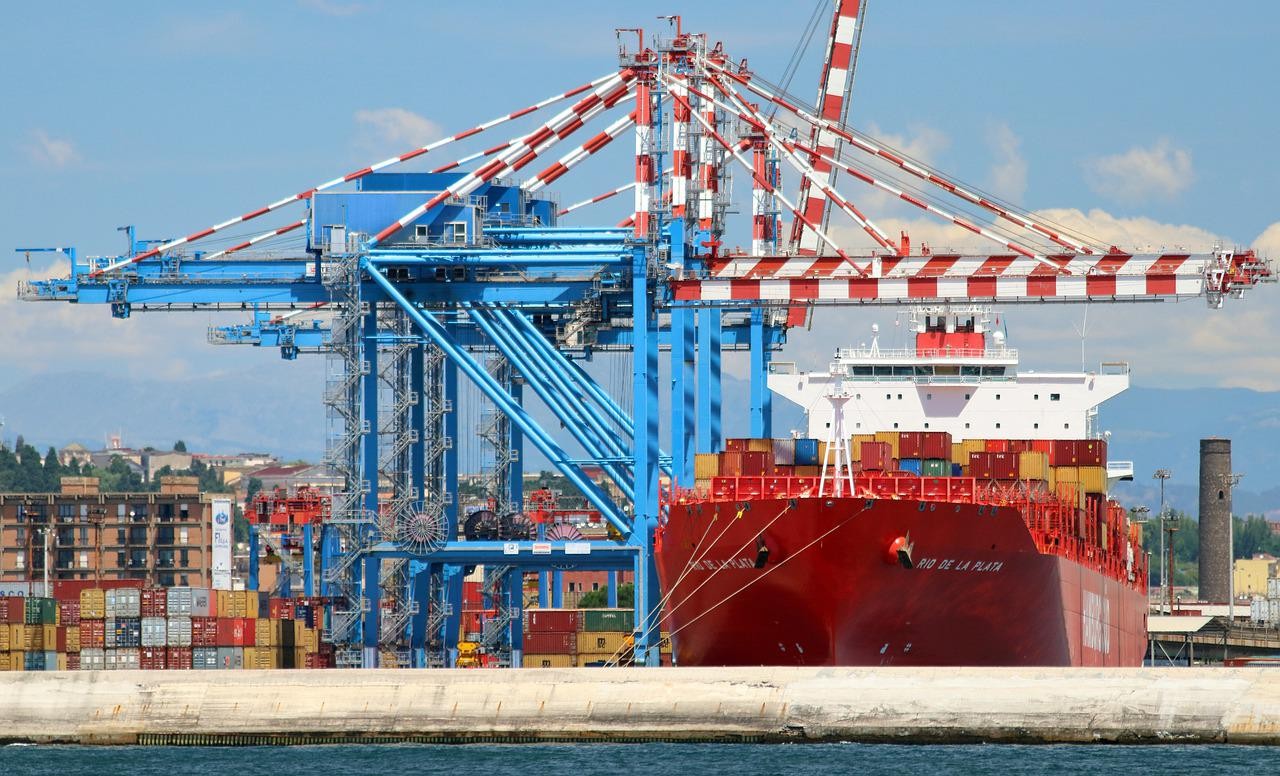
The number of terms associated with the process of moving goods through a supply chain can be confusing. Understanding the key terms in shipment is extremely important when you are involved in the freight business as it ensures that your goods arrive on time, at the right destination, and most importantly, in good shape.
This is why we have put together a list of 10 shipping terms every international shipper should know which helps you to understand the language you may encounter when arranging your shipping.
Why is it important to understand the shipping terminologies?
Before we get into the specifics of the most commonly used delivery terms and what they mean, it's important to understand the importance of delivery terms.
Delivering goods around the world is far more complicated than simply moving an object from A to B. Several rules and regulations are in place to ensure that goods arrive safely at their final destination. Having an idea about these shipment terms means everyone involved in the shipping process is well aware of the different processes, leaving little to no room for misunderstandings and errors in the supply chain.
Here are the 10 shipping terms every international shipper should know.
Bill of Lading
The Bill of Lading is a legal document issued by the carrier to the shipper which includes some necessary information. It contains information such as the type of goods, quantity, freight rate, and destination. It represents the parties' agreement and helps ensure that exporters receive their payments and importers receive their goods. A bill of lading also functions as a shipment receipt.
Learn the factors to consider while choosing a customs broker for your business.
COD (Change Of Destination)
Your goods have been loaded and are on their way to their destination, but for some reason, the destination must be changed. This is when you request a COD. This request instructs the container ship to discharge your container so that it can be transported to a location other than the original booking.
CYCL(Container Yard to Container Yard)
CYCY is an abbreviation for Container Yard to Container Yard. A container depot is a port facility where cargo is stored before being loaded onto a vessel or after being unloaded from a ship.
The term CYCY denotes that the carrier's responsibility begins at the port of loading and ends at the port of unloading at the container yard.
Read to know the ways to reduce transportation and logistics costs.
DM (Demurrage)
If due to some unfortunate circumstances, you are unable to pick up your container at a specific time, this container line would allow you to store your container in the port for free. If there is still a delay after this time, the container line will charge a fee for the number of days your containers were left in the port.
DT (Detention)
You will be charged a detention fee if you do not return them to the shipping yard on time. You are required to pay for the additional days it takes for the containers to be returned.
You may be charged for demurrage if your containers are not delivered to the shipping yard on time. You will be charged for the additional days the containers are in your possession in that case.
FCL (Full Container Load) & LCL (Less Container Load)
A full container load is a 20ft or 40ft container that is fully loaded with goods or merchandise from the same seller. Full loads typically command higher freight rates than loose cargo or part loads.
LCL shipping services is a cost-effective option for smaller shipments because the container also contains consignments from other importers. Because products are shipped at lower rates, this frequently saves money on freight costs. LCL is also environmentally friendly due to space sharing.
Interested to read: LCL or FCL - Which is right for your cargo?
INCOTERMS
Incoterms is an abbreviation for International Commercial Terms. It is a set of commercial terms established by the International Chamber of Commerce. These terms are primarily intended to define the goals, costs, and risks associated with the transportation and delivery of goods.
Port Storage
When your containers are unloaded from the ship, they are moved to the container yard. The port has a free storage period. During this time, you must concentrate on customs clearance and transporting your goods to the warehouse or final destination.
Rollover
It is not uncommon for containers to be rolled. This means that your container did not make it to the vessel. There are a number of reasons which can result in your container not getting loaded onto the ship. This includes; custom issues, overbooking, or vessel omissions.
Your shipment will be rescheduled and loaded onto the next ship leaving port by your carrier.
Stuffing & Stripping
The process of loading a container pre-shipment is known as "stuffing."
Stripping is the process of unloading a container when it arrives at a port.
These are the 10 shipping terms every international shipper should know while they are into the shipping business. As you can see, there's a lot to learn about shipping. Fortunately, you don't have to figure everything out on your own. Working with reputable freight forwarding companies in Oman, such as Sohar Shipping, ensures that everything is taken care of and your goods arrive at their destination on time and on budget.
At Sohar Shipping, we have dedicated ourselves to serving our clients, even delivering an emergency shipment halfway around the world on time. Through the tireless efforts of its management and employees, we strive to provide the highest level of service possible.
Latest Blogs
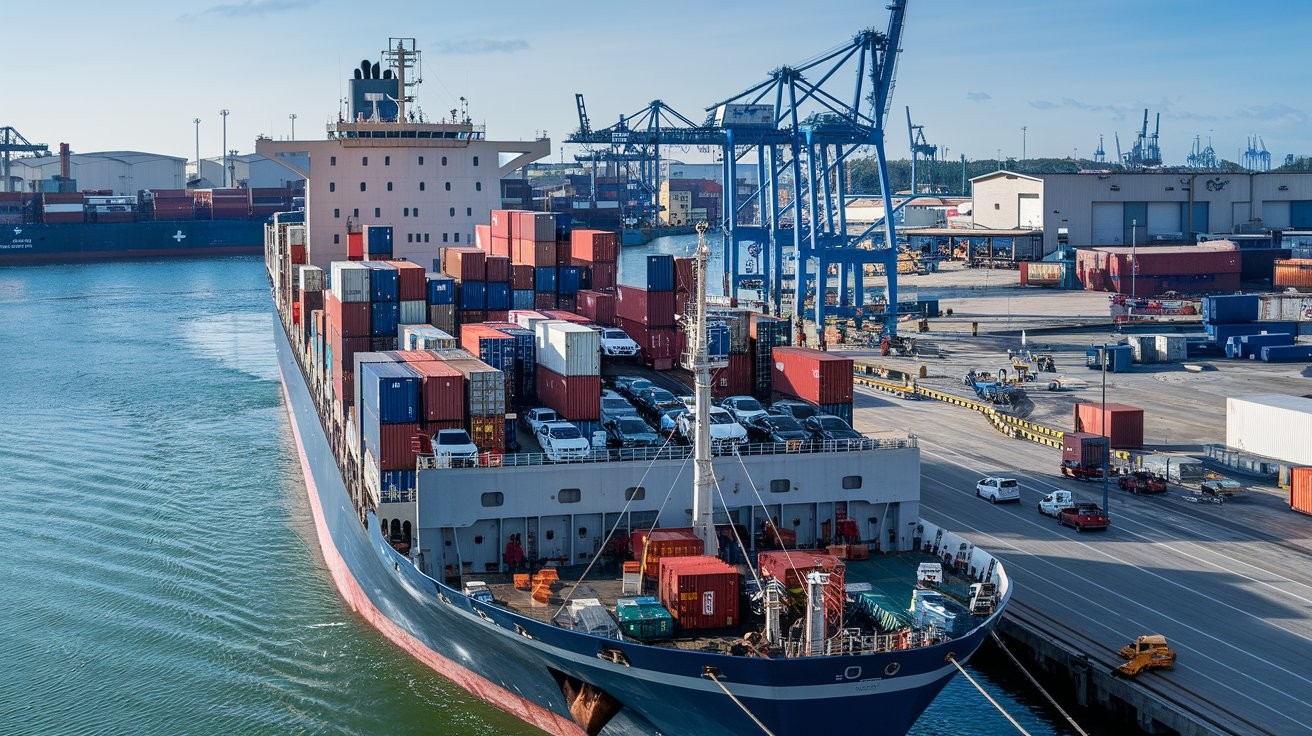

Key Benefits of End to End Supply Chains
20 Sep, 2024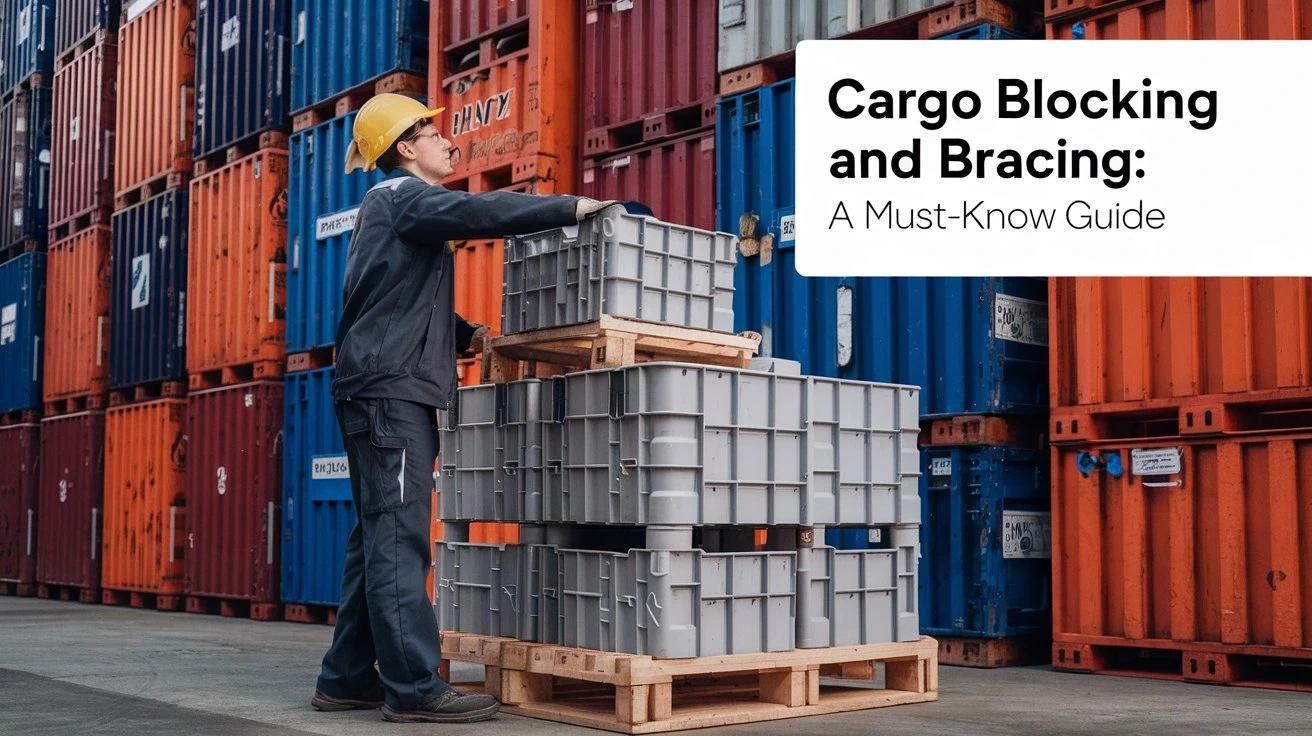
Cargo Blocking and Bracing: A Must-Know Guide
17 Sep, 2024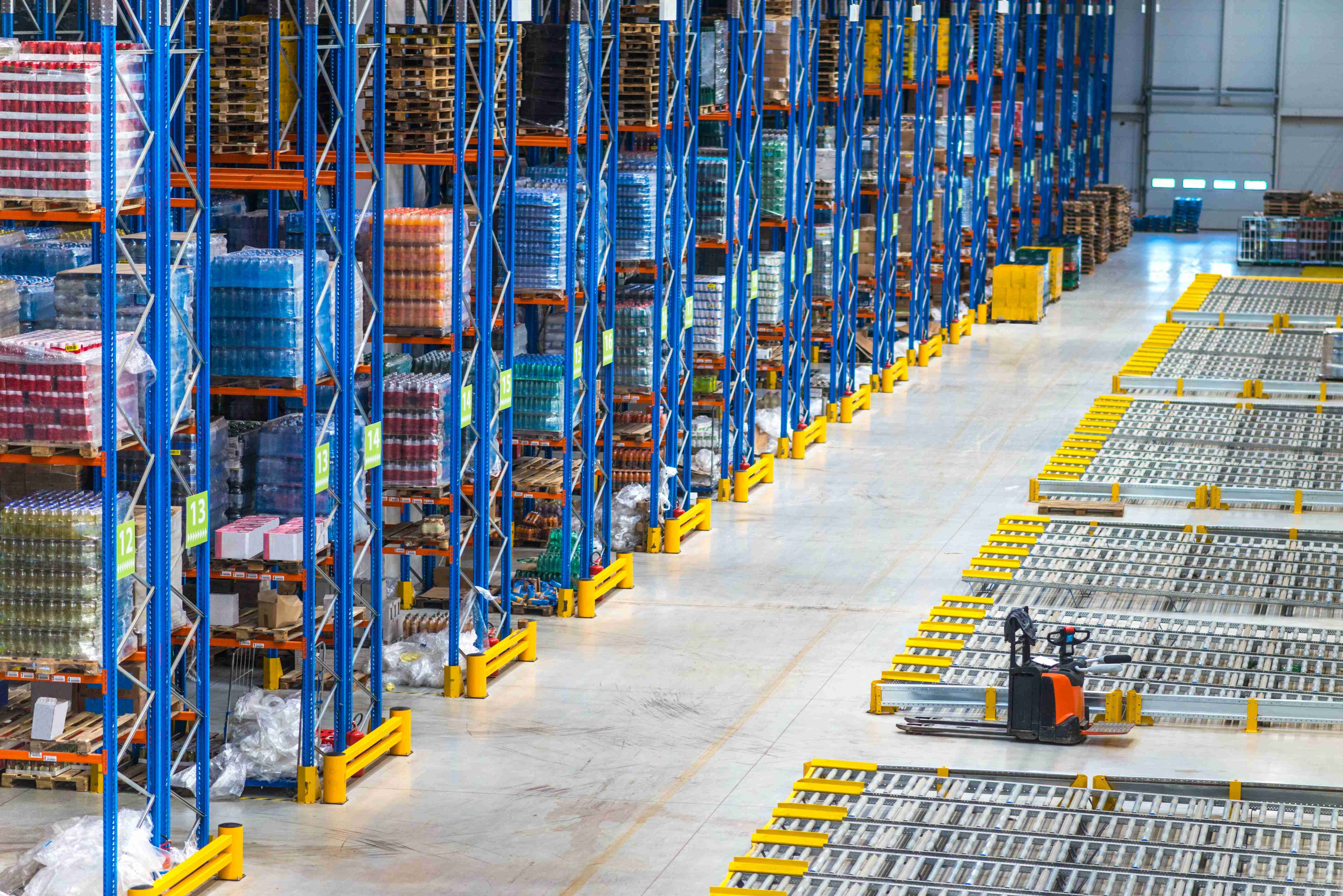
Third-Party Logistics (3PL): A Complete Guide
31 Jan, 2024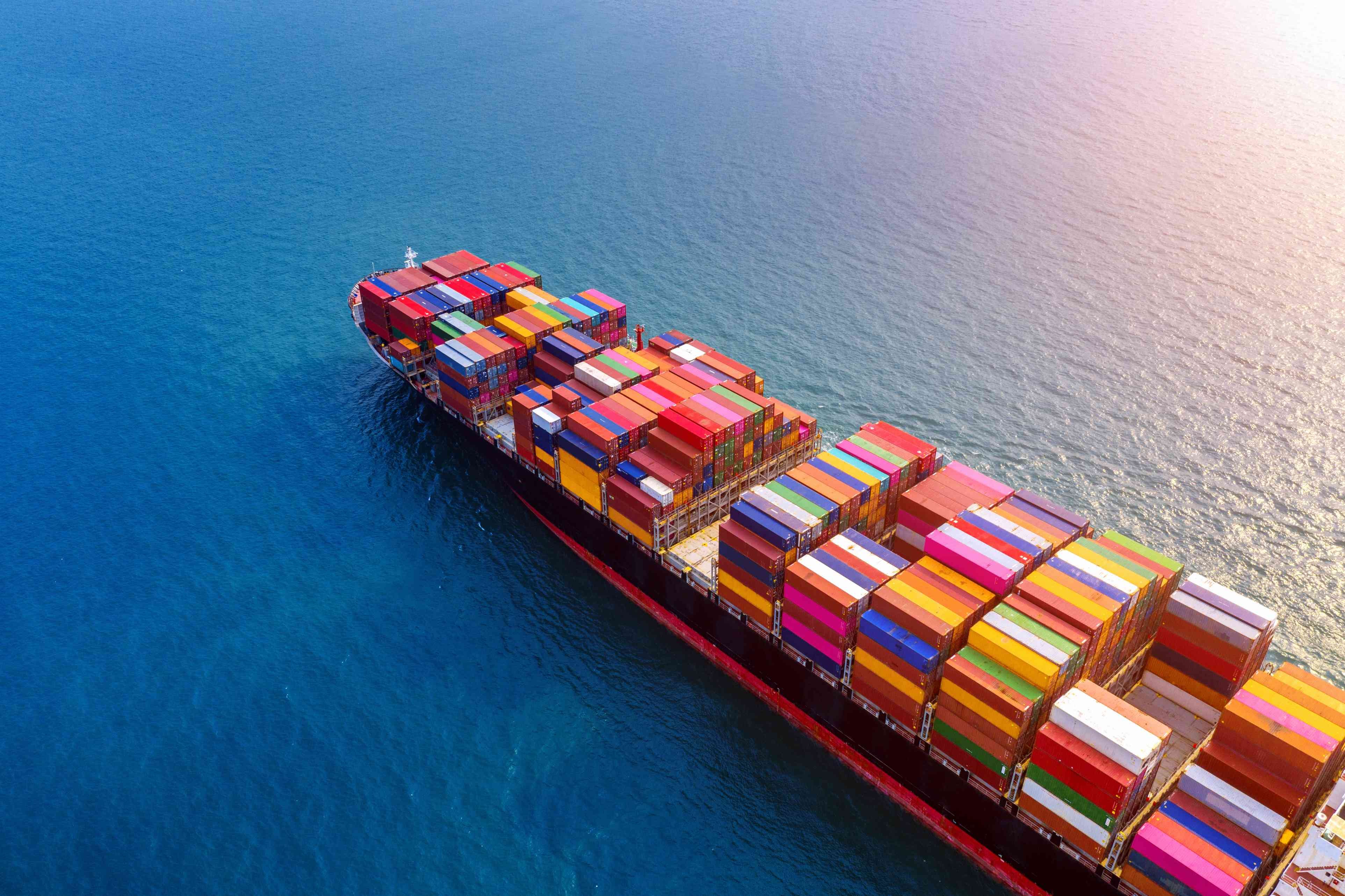
How do I book a container by sea freight
27 Nov, 2023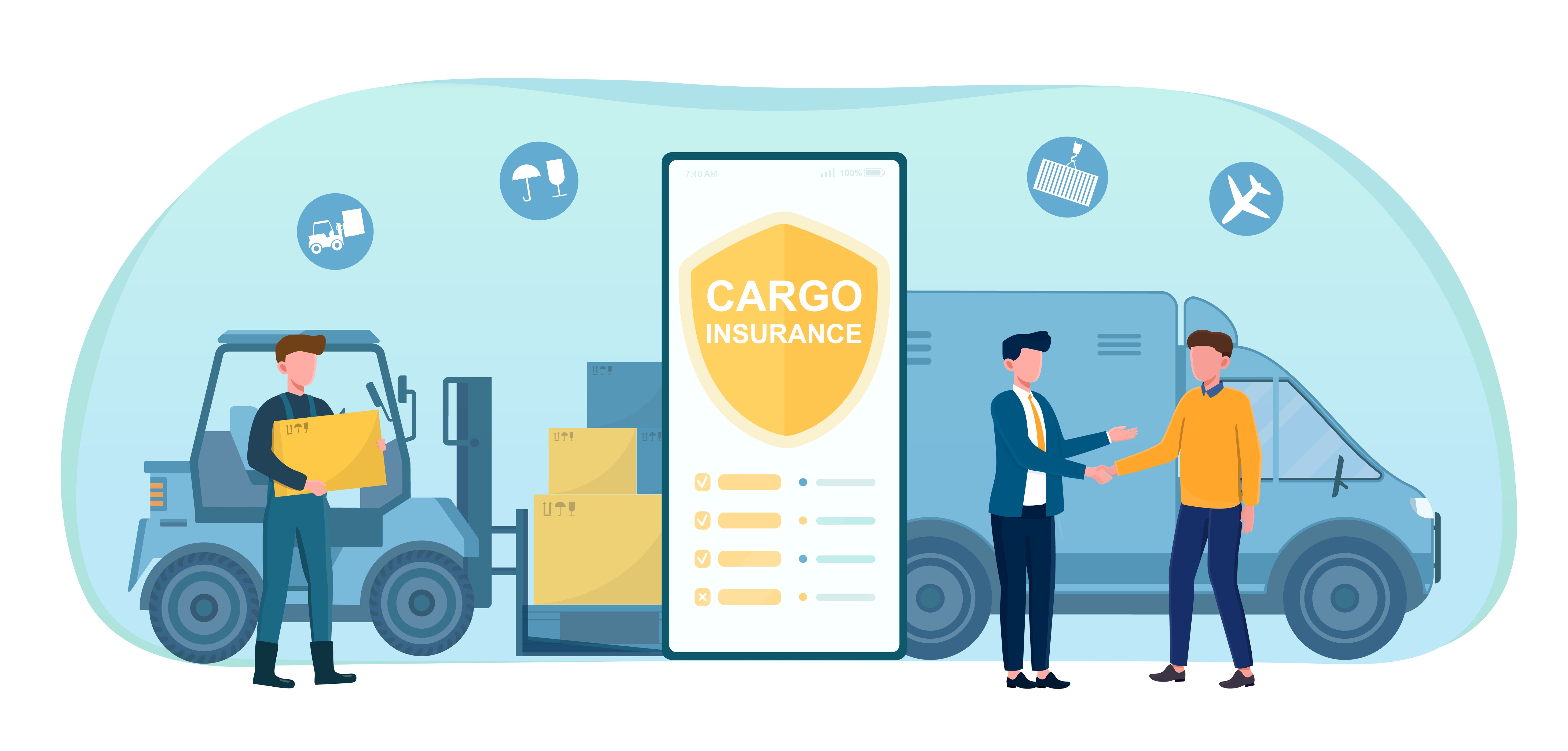
Top Reasons You Need A Cargo Insurance
30 Aug, 2023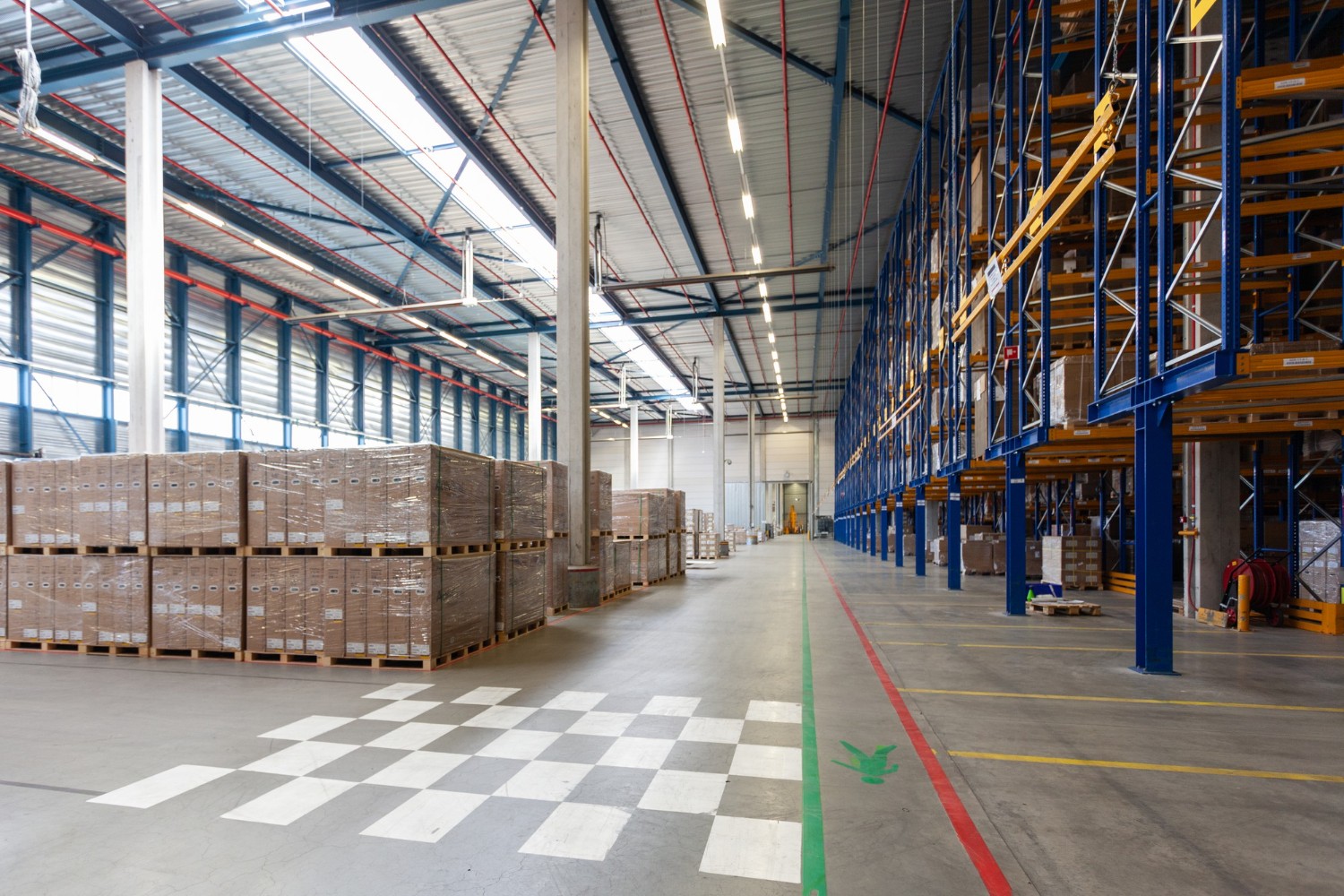
Benefits of Customs Bonded Warehousing
24 Jul, 2023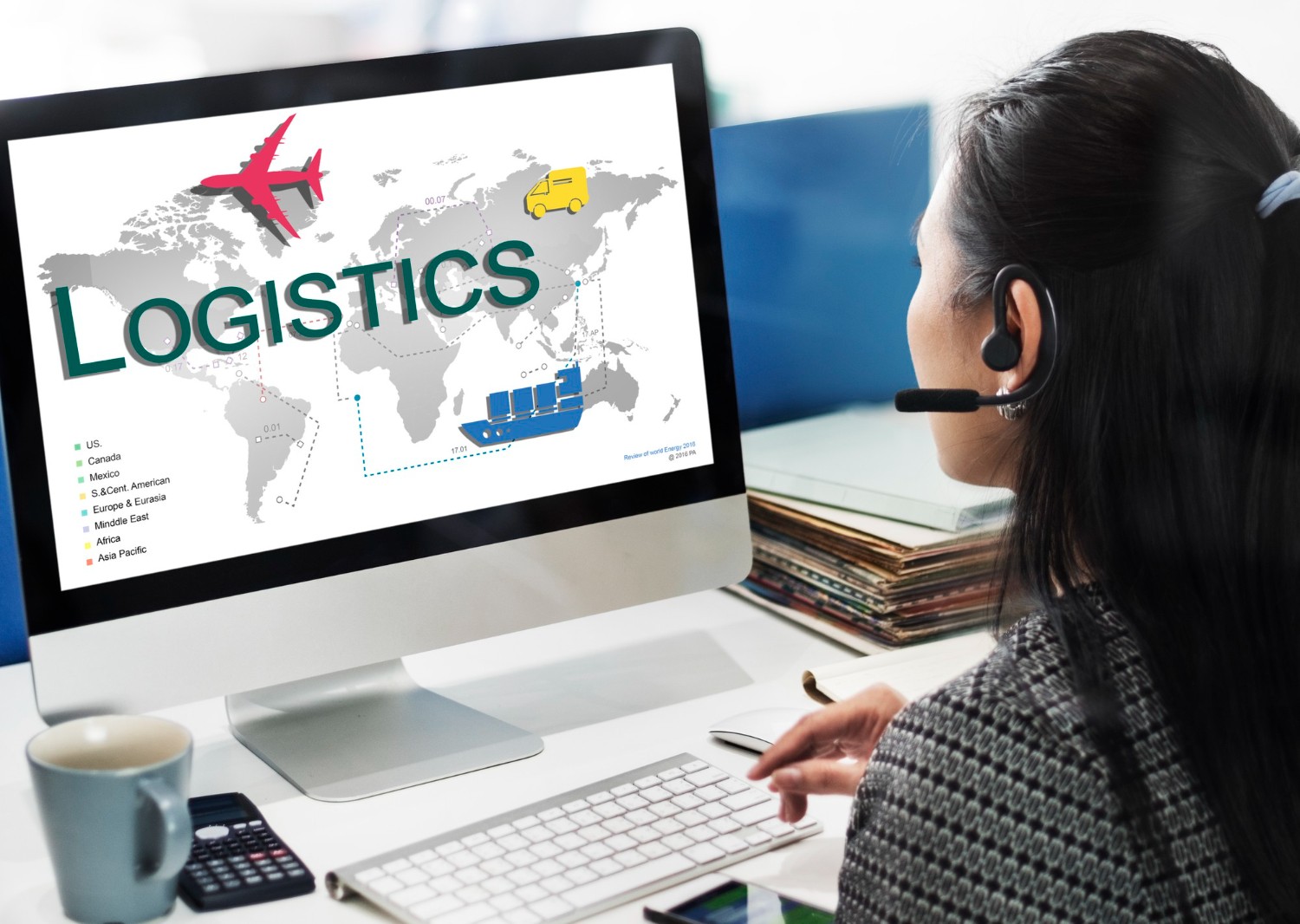
Benefits of Logistics Outsourcing
30 Jun, 2023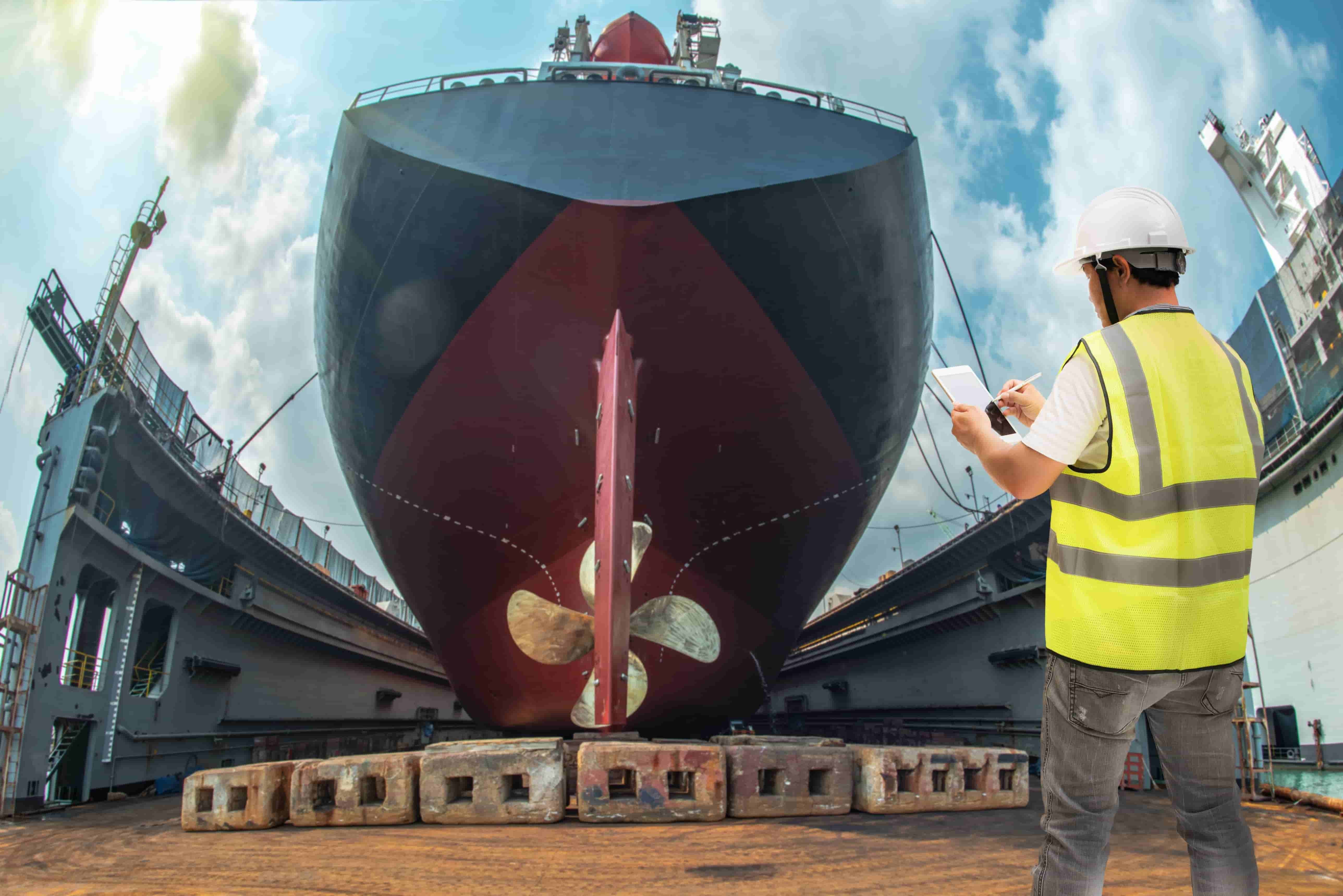
What is Dry Docking & Why Do Ships Do It?
30 May, 2023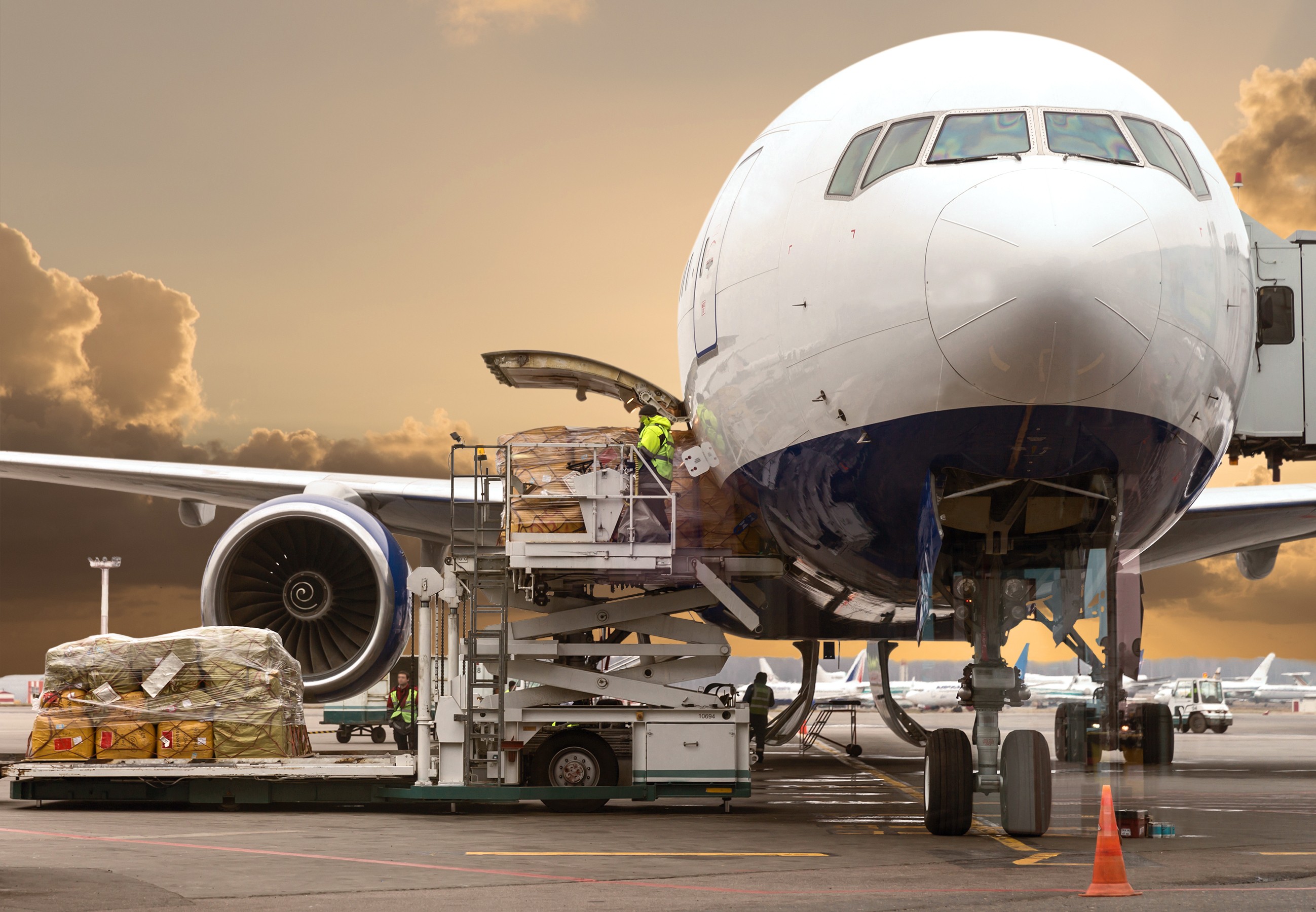
All You Need to Know About Air Freight
16 May, 2023
Ways Carriers Benefit from Contract Logistics
25 Apr, 2023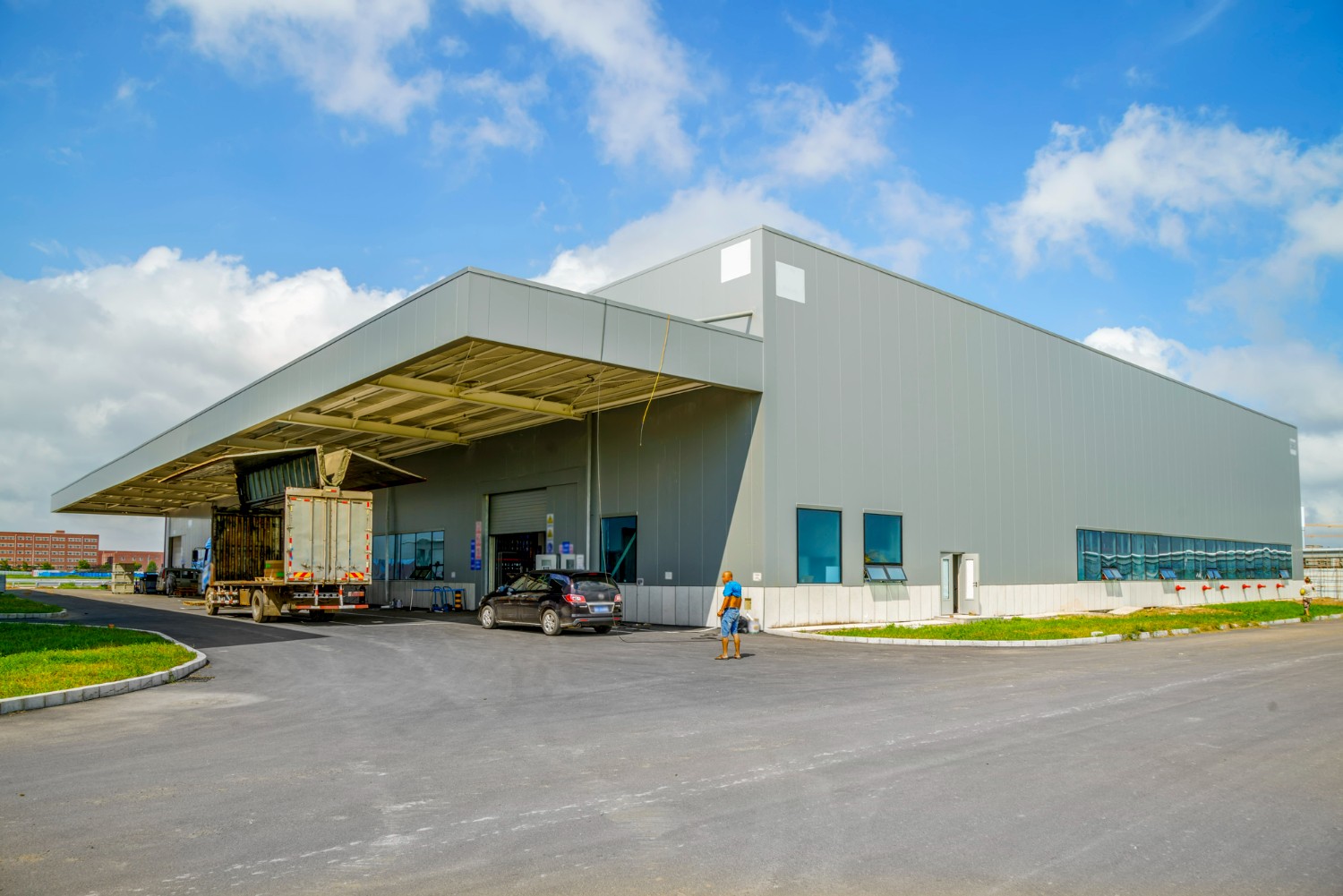
Pros and Cons of Contract Warehousing
27 Mar, 2023641c5faf72d6a.jpg)
Advantages of Freight Consolidation
23 Mar, 2023
All You Need to Know About Freight Charges
27 Feb, 2023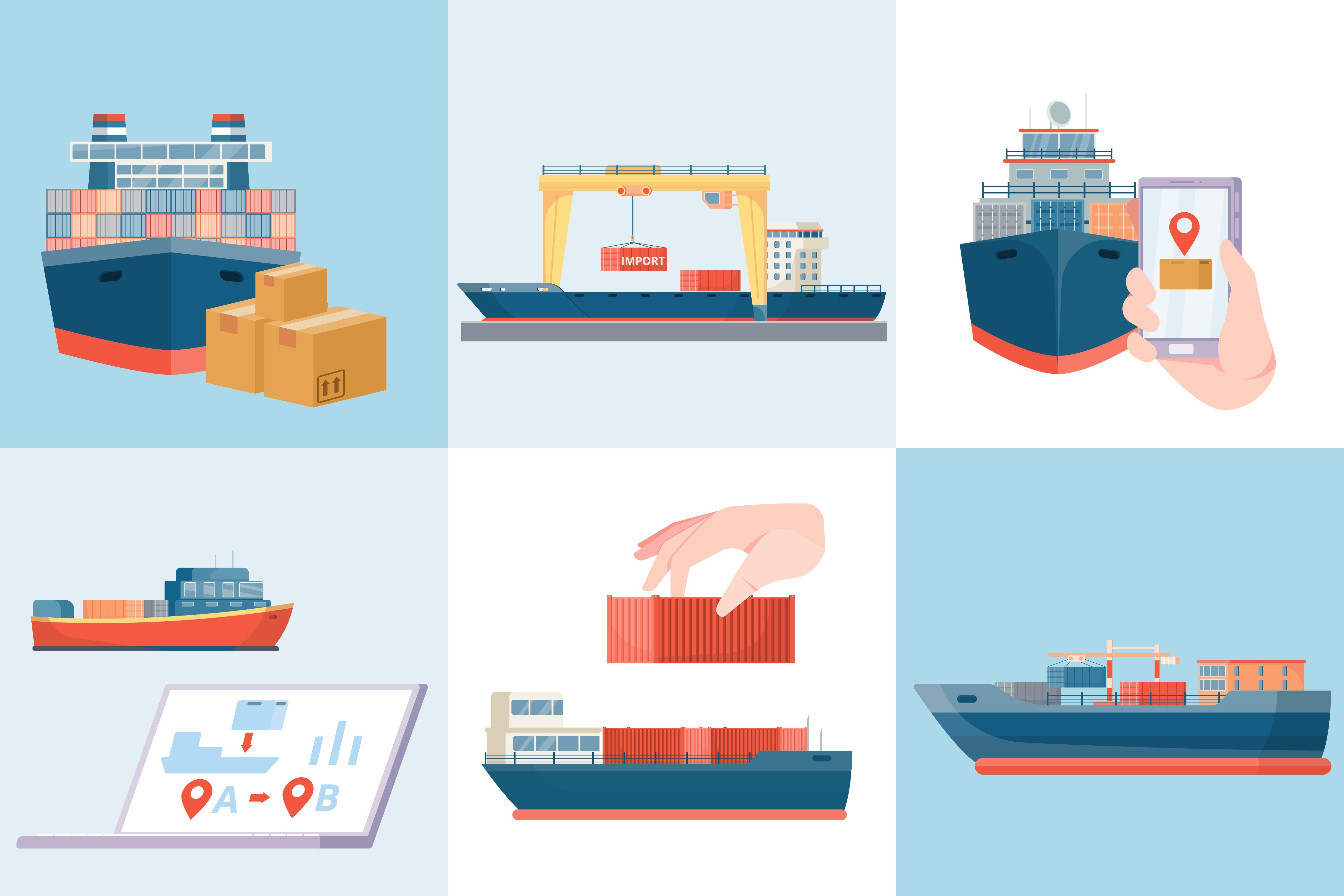
How to Find A Good Freight Forwarder?
24 Jan, 2023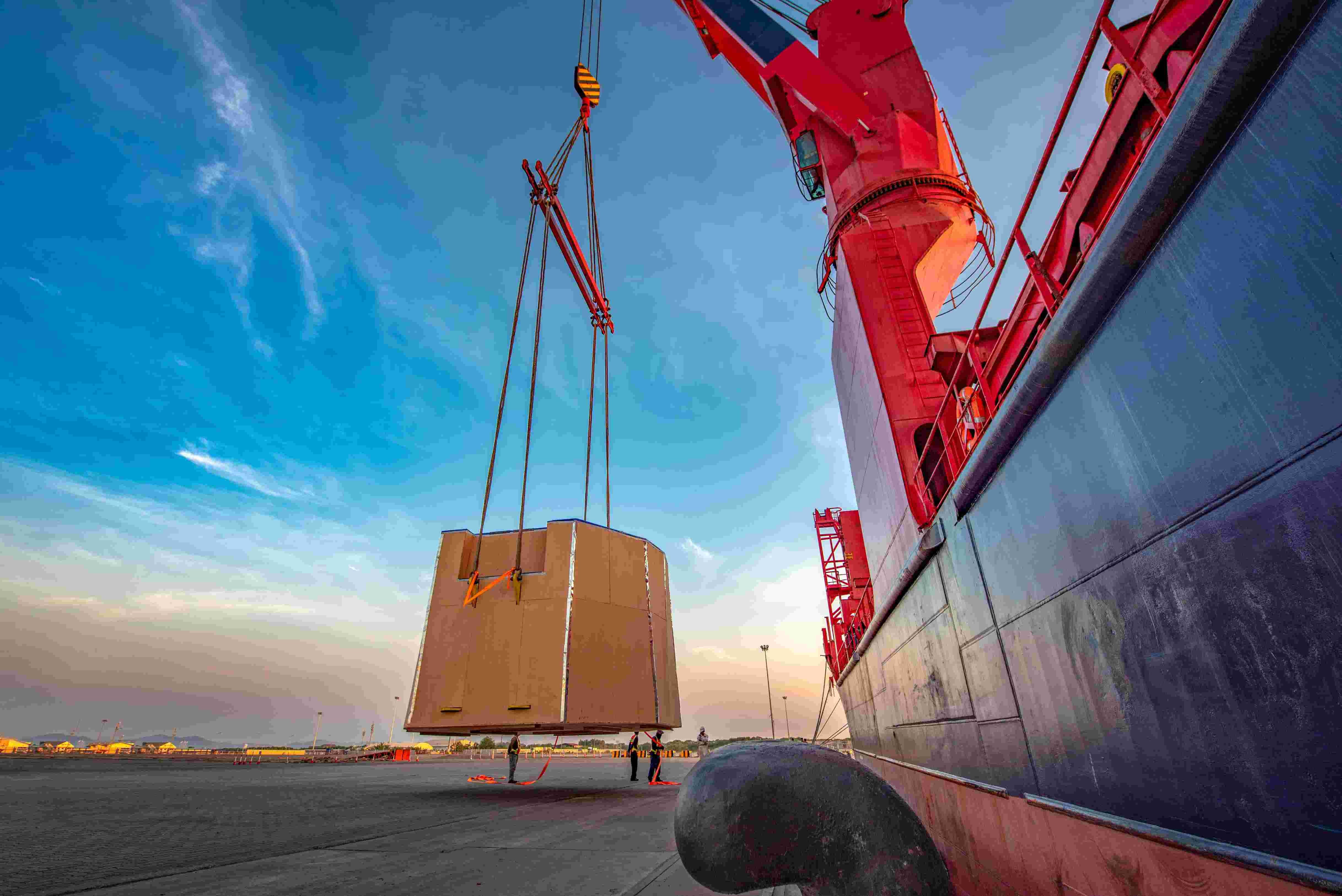
What is Project Cargo and How is it Transported?
07 Nov, 2022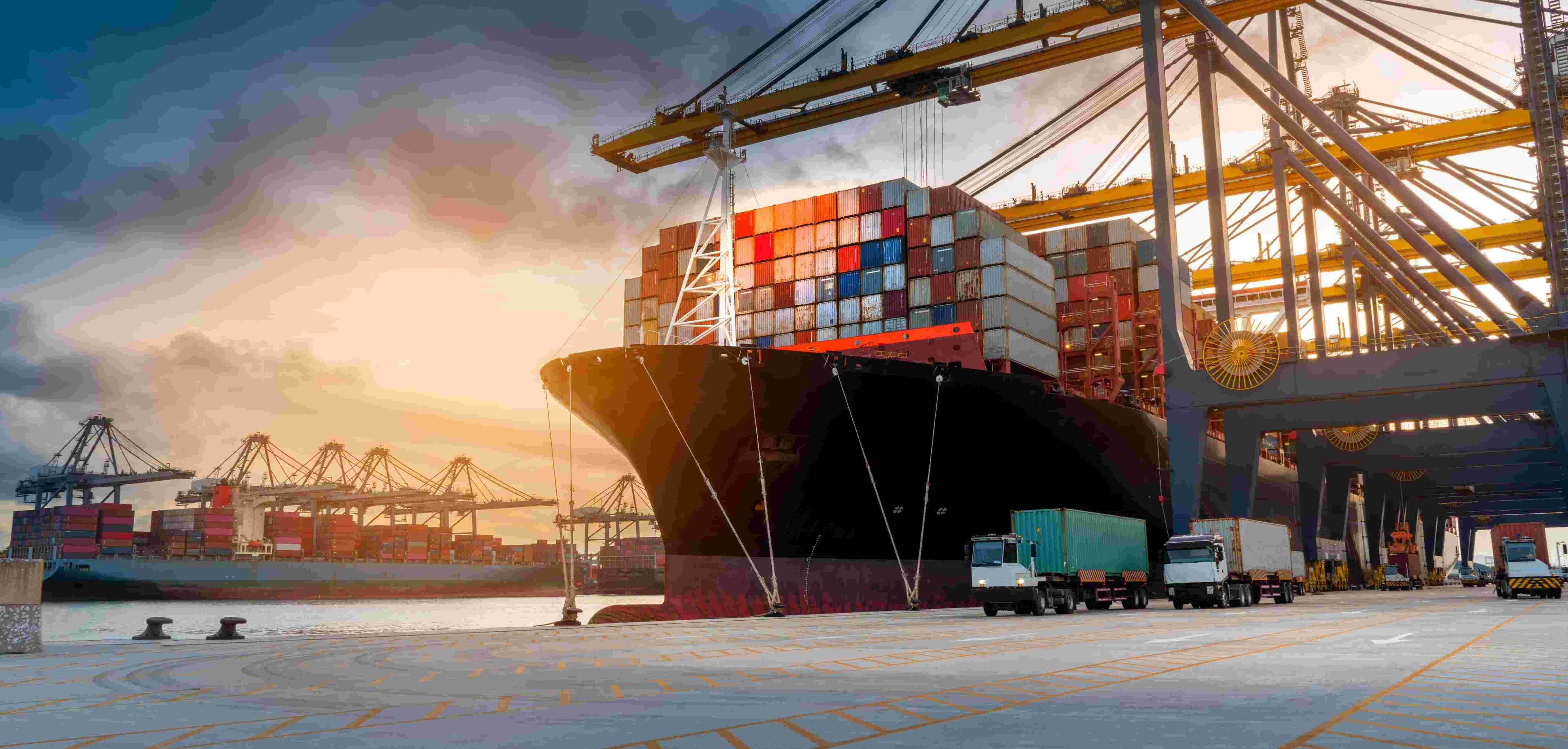
How International Ocean Freight Shipping Works
25 Oct, 2022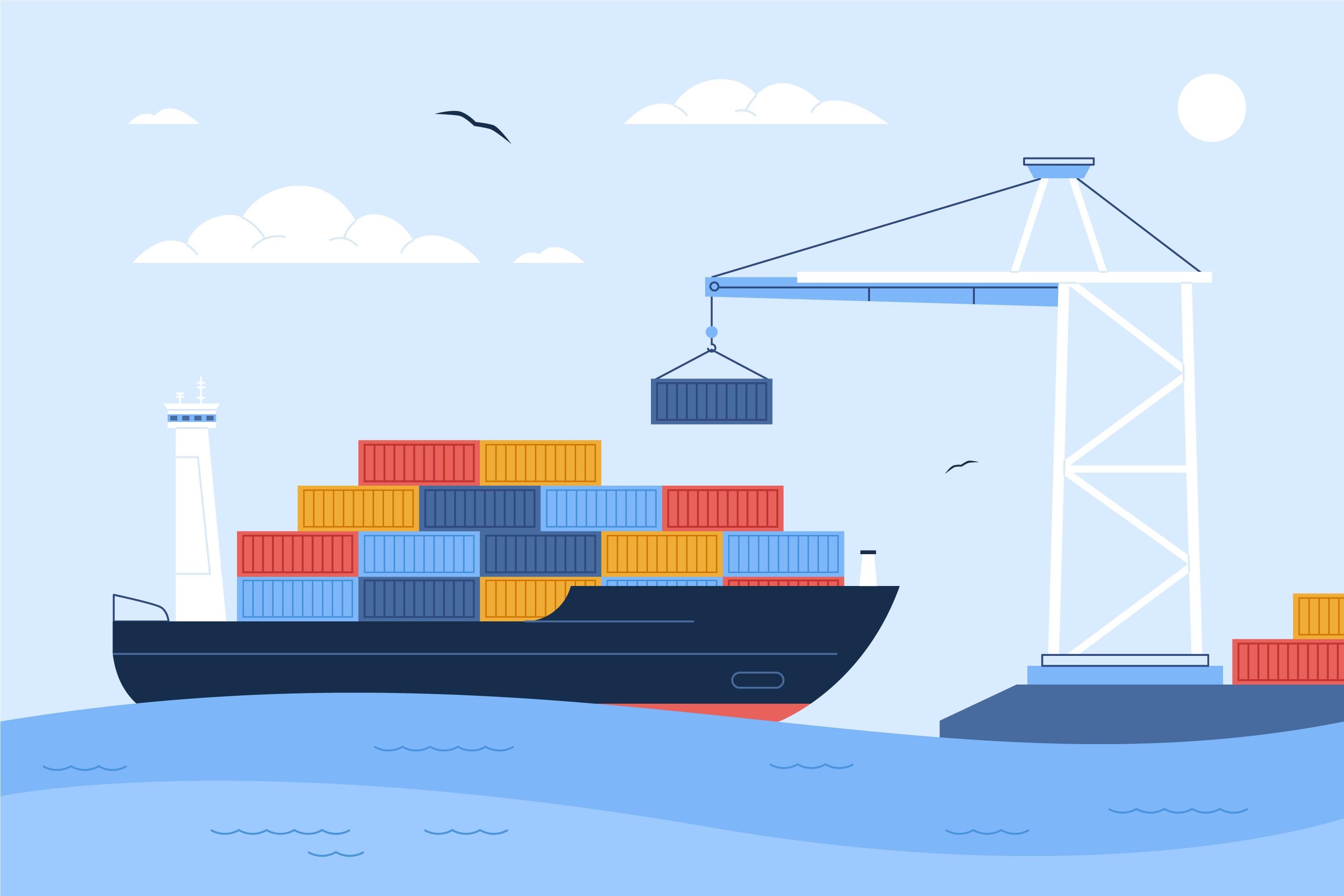
How does LCL shipping work?
26 Sep, 2022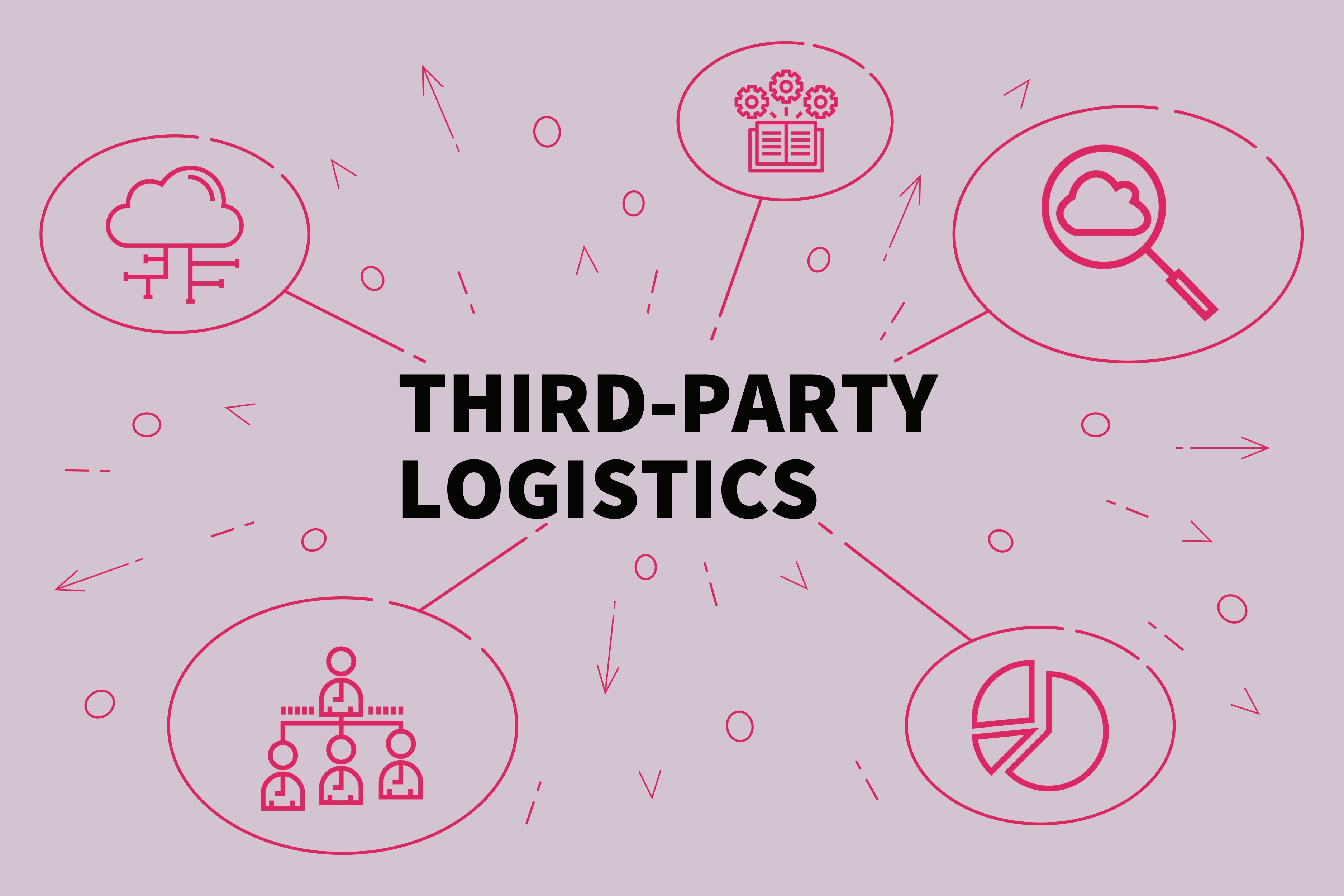
8 Ways to Optimize Your 3PL Relationship
22 Sep, 2022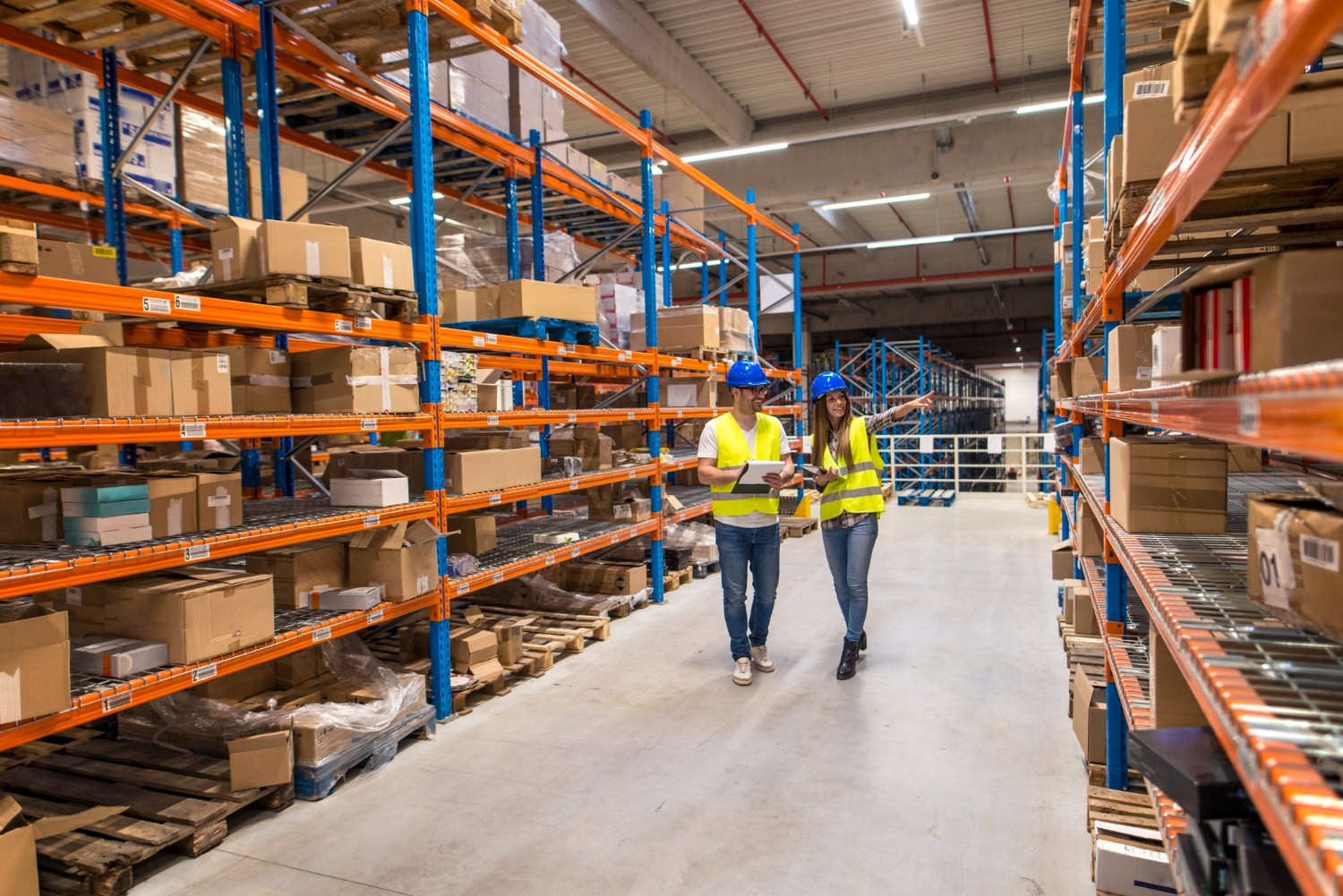
Benefits Of Using An Outsourced Warehouse
22 Aug, 2022
Importance of Cargo Insurance
30 Jul, 2022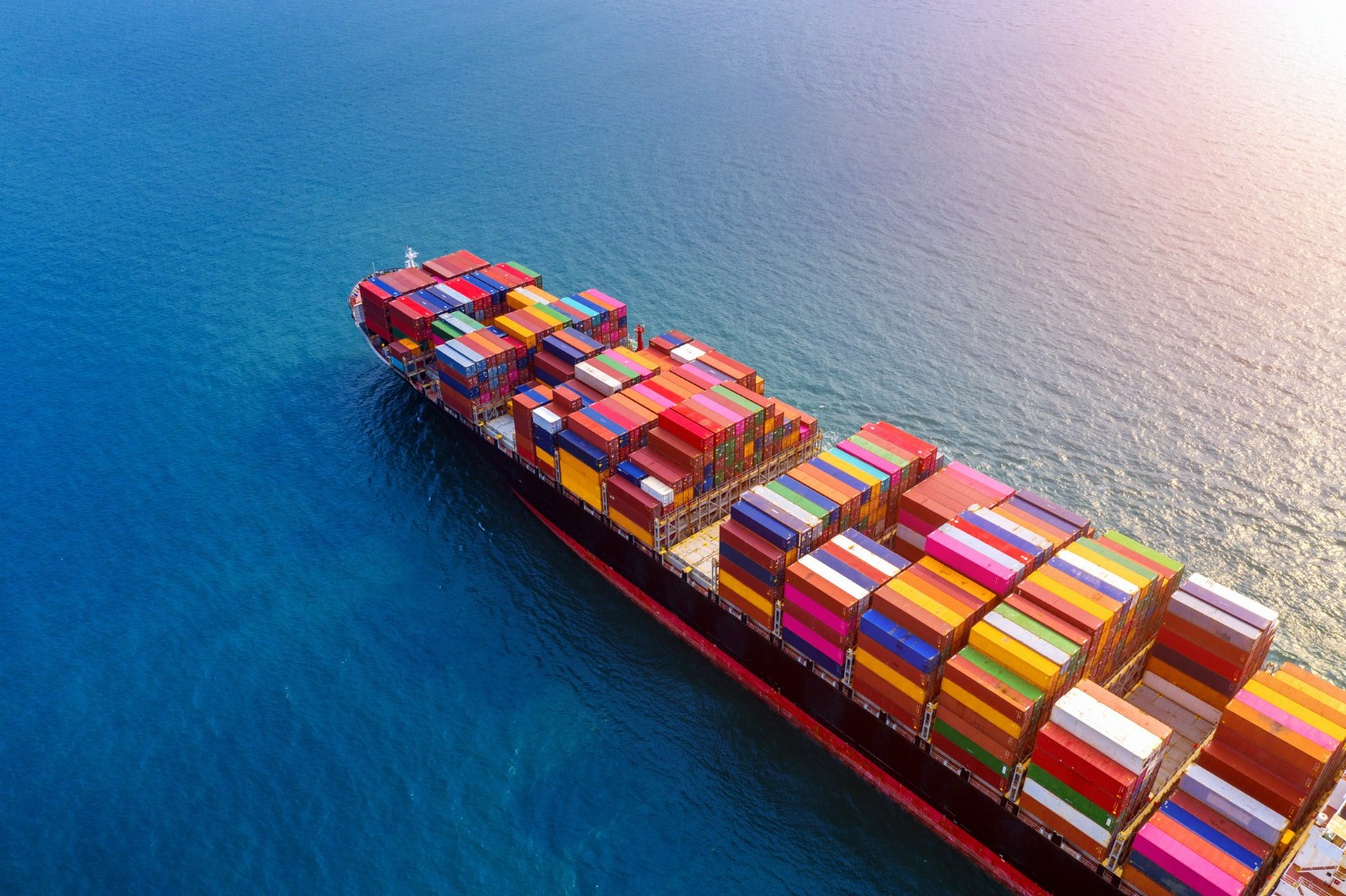
Top 10 Benefits of Ocean Freight Shipping
22 Jun, 2022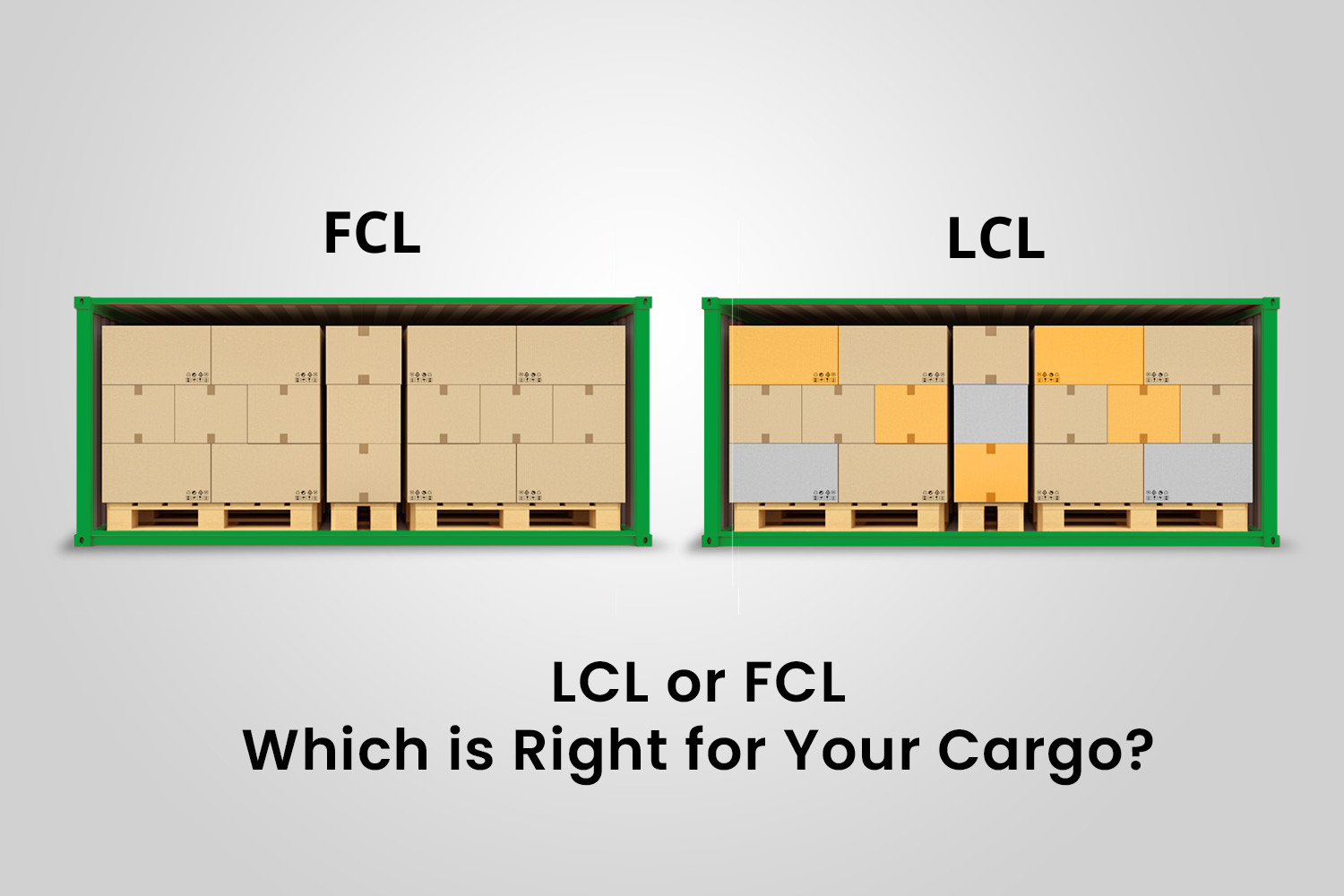
LCL or FCL - Which is Right for Your Cargo?
26 May, 2022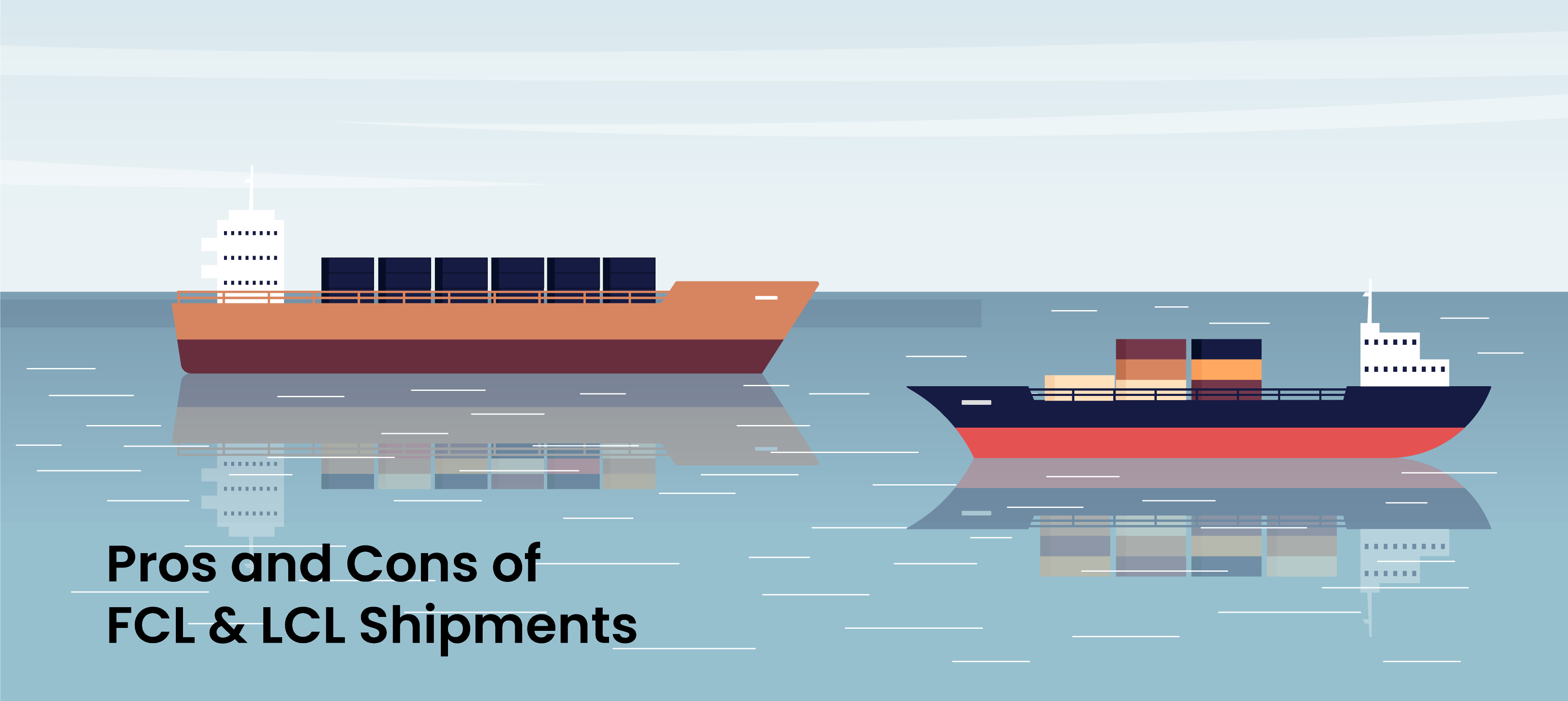
Pros and Cons of FCL & LCL Shipments
21 May, 2022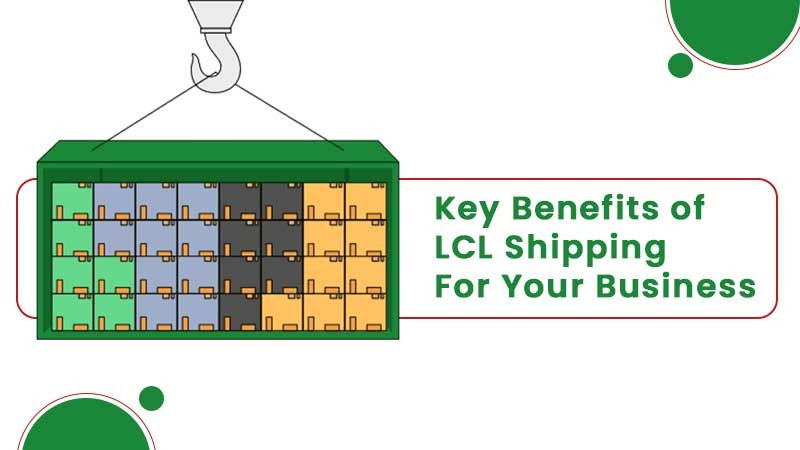
Key Benefits of LCL Shipping for Your Business
28 Jan, 2022

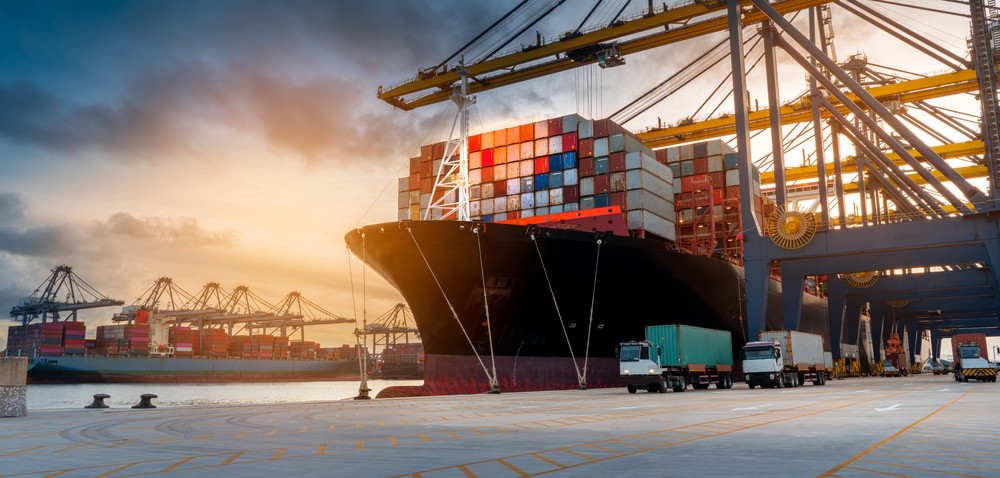
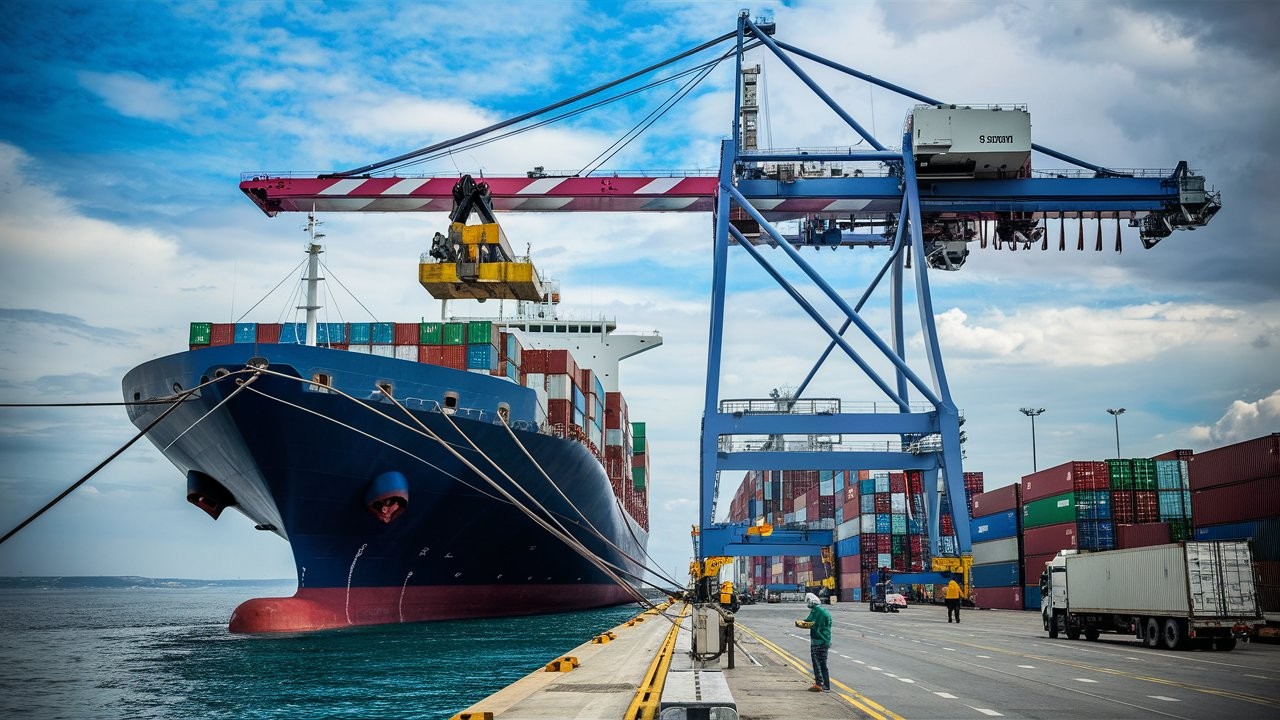
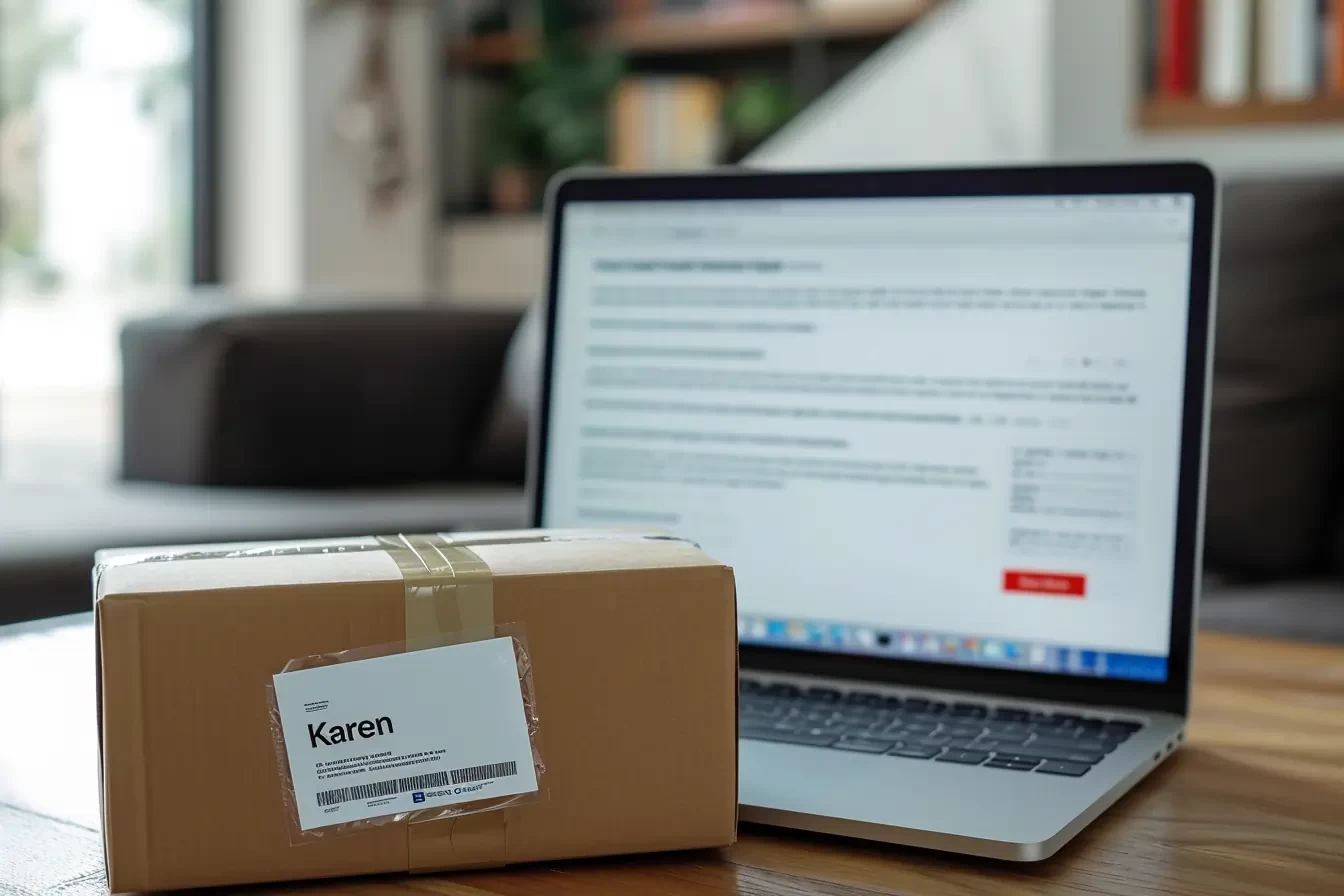
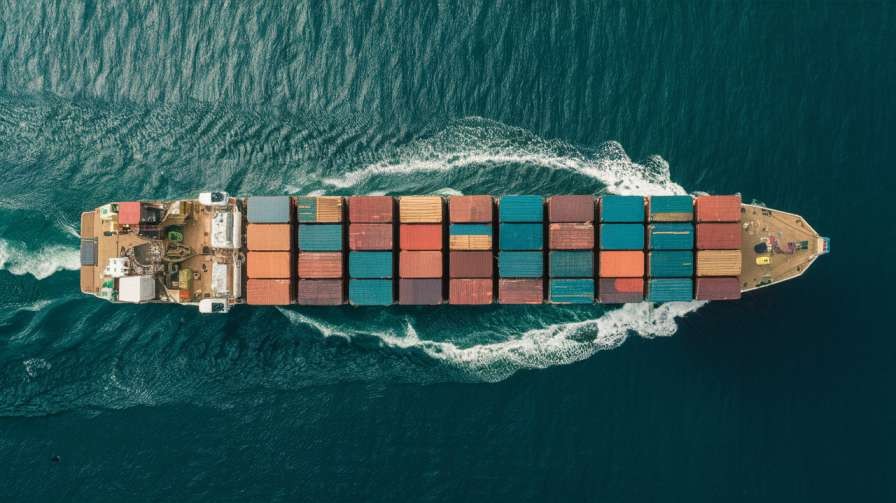
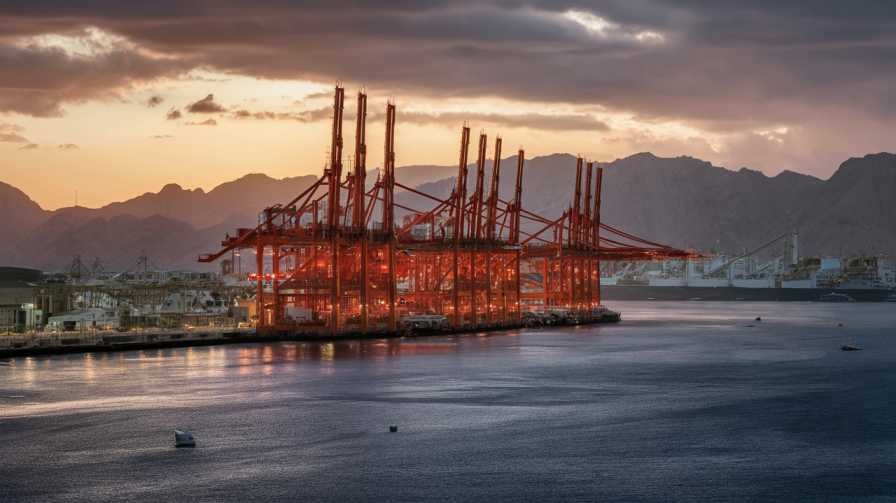
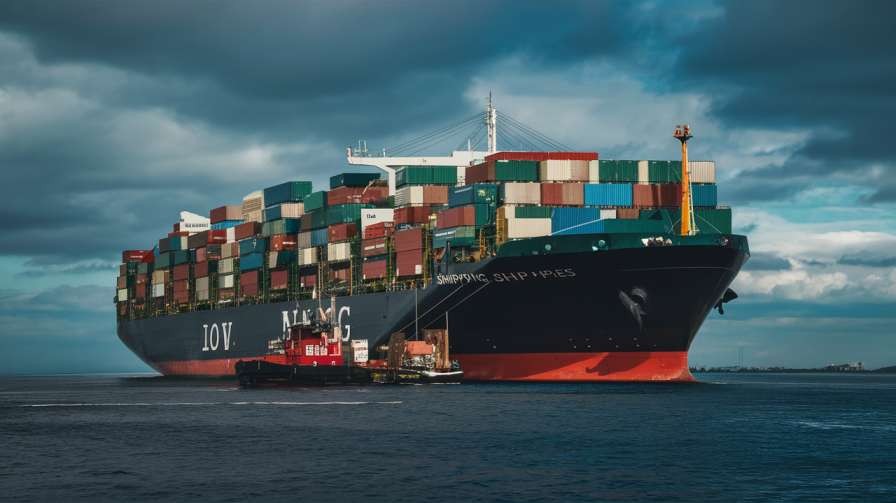
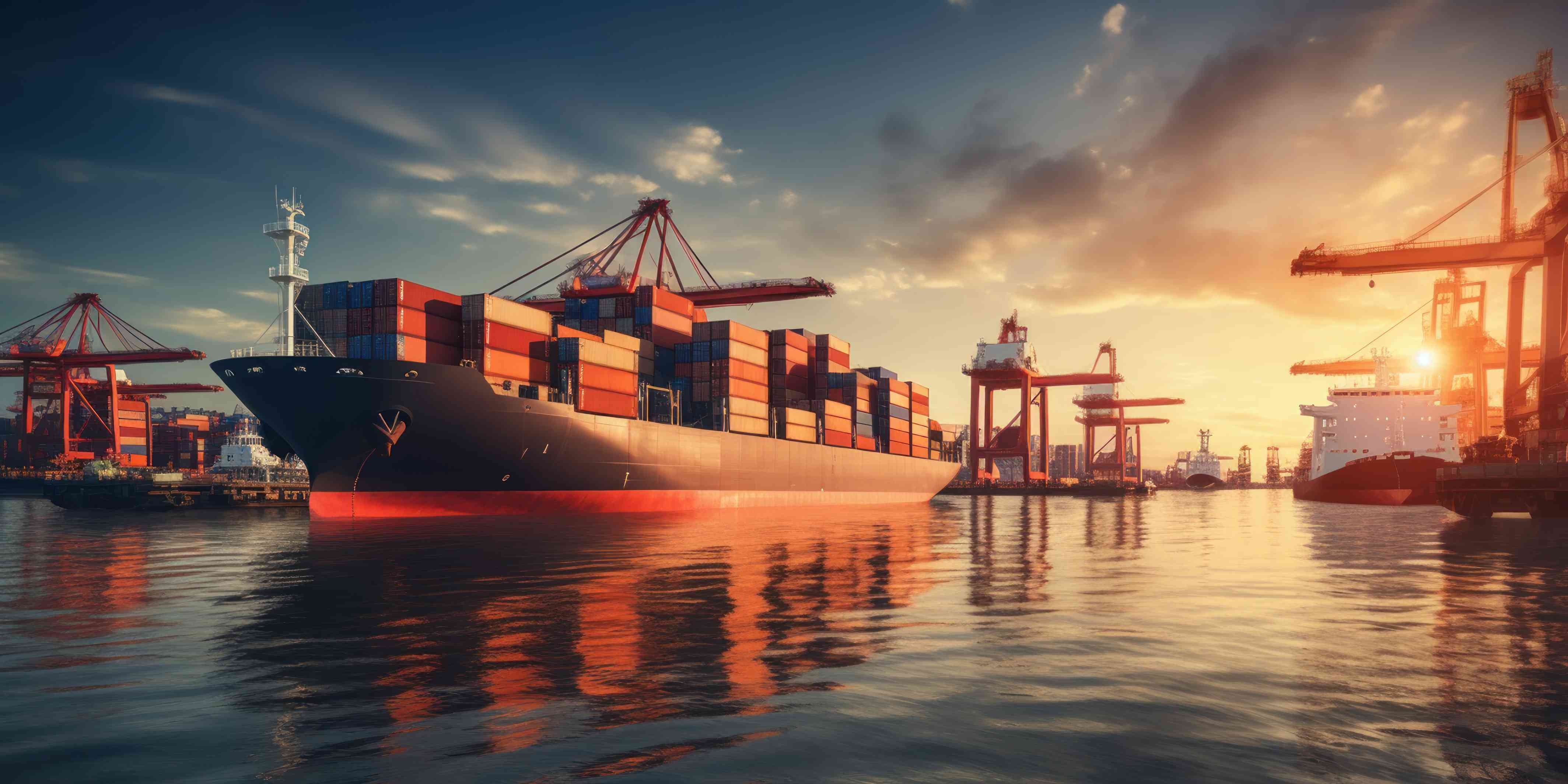

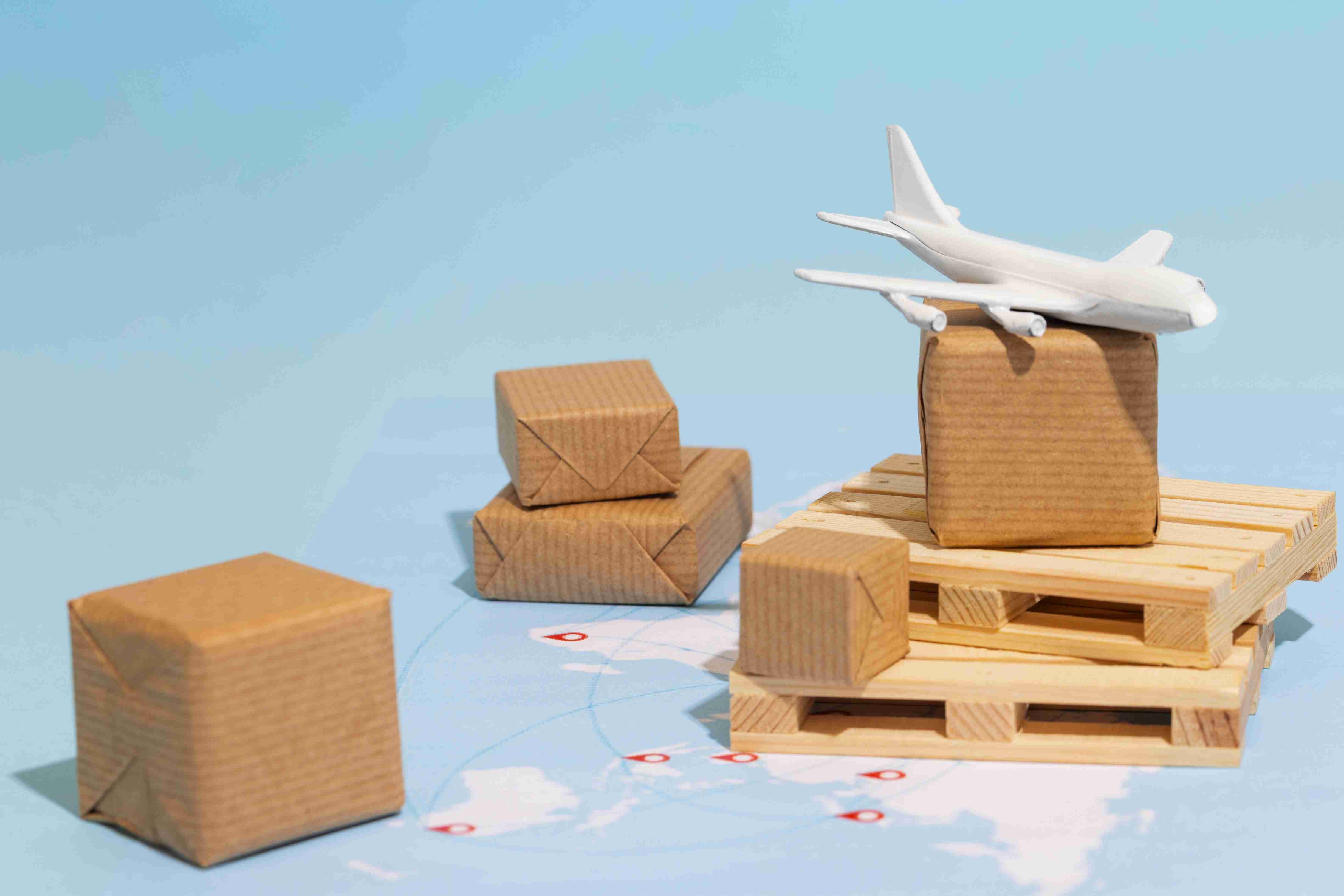
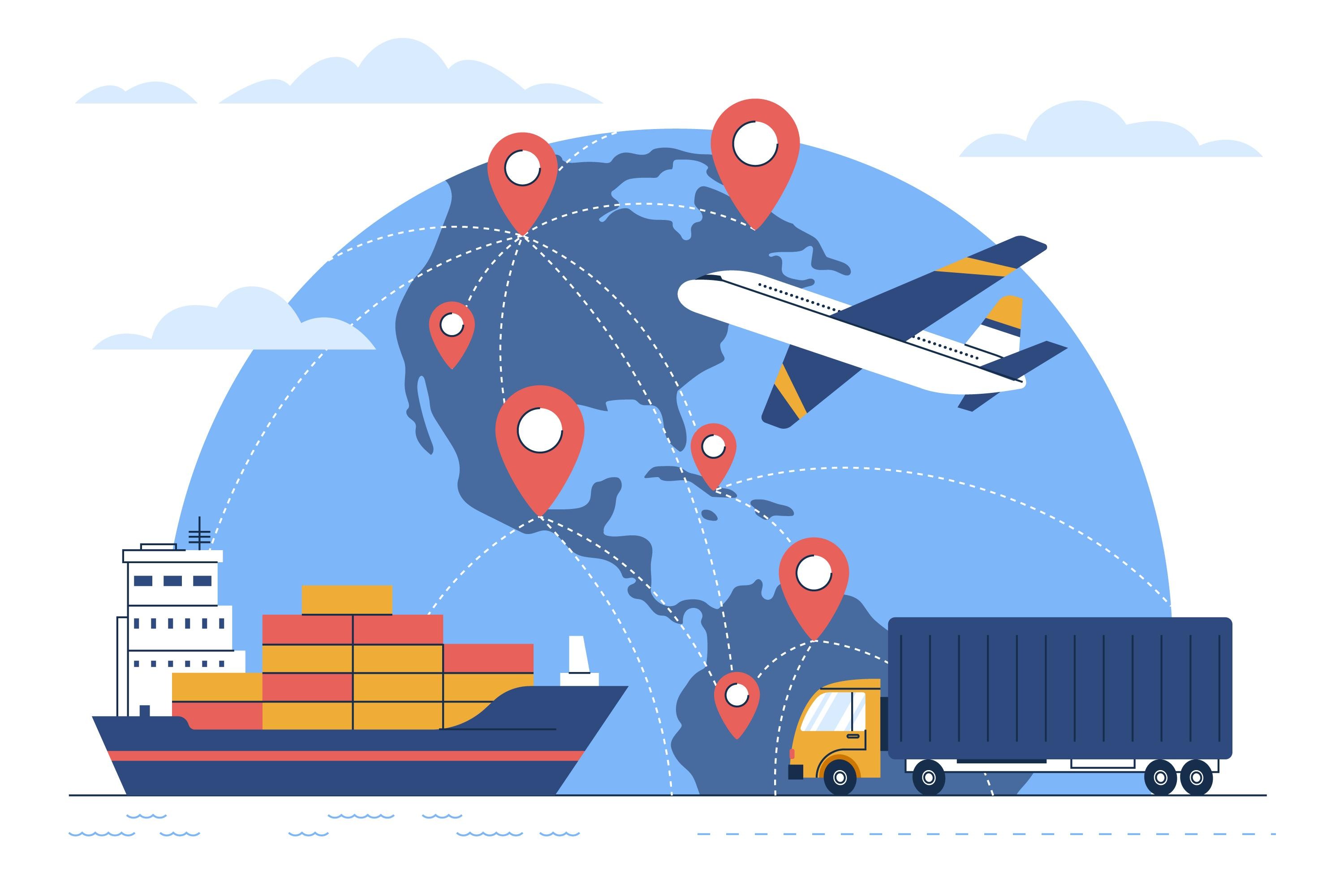


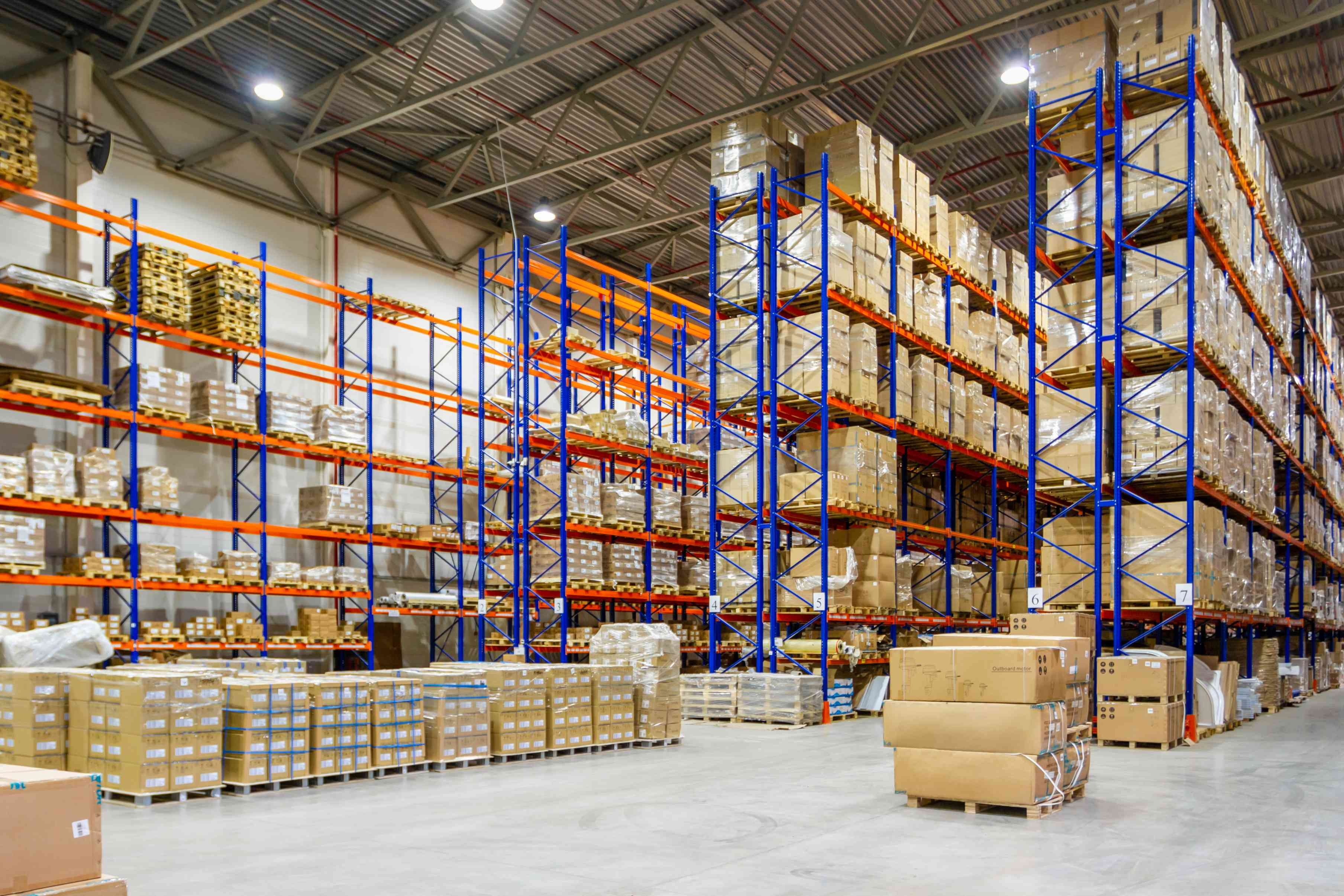
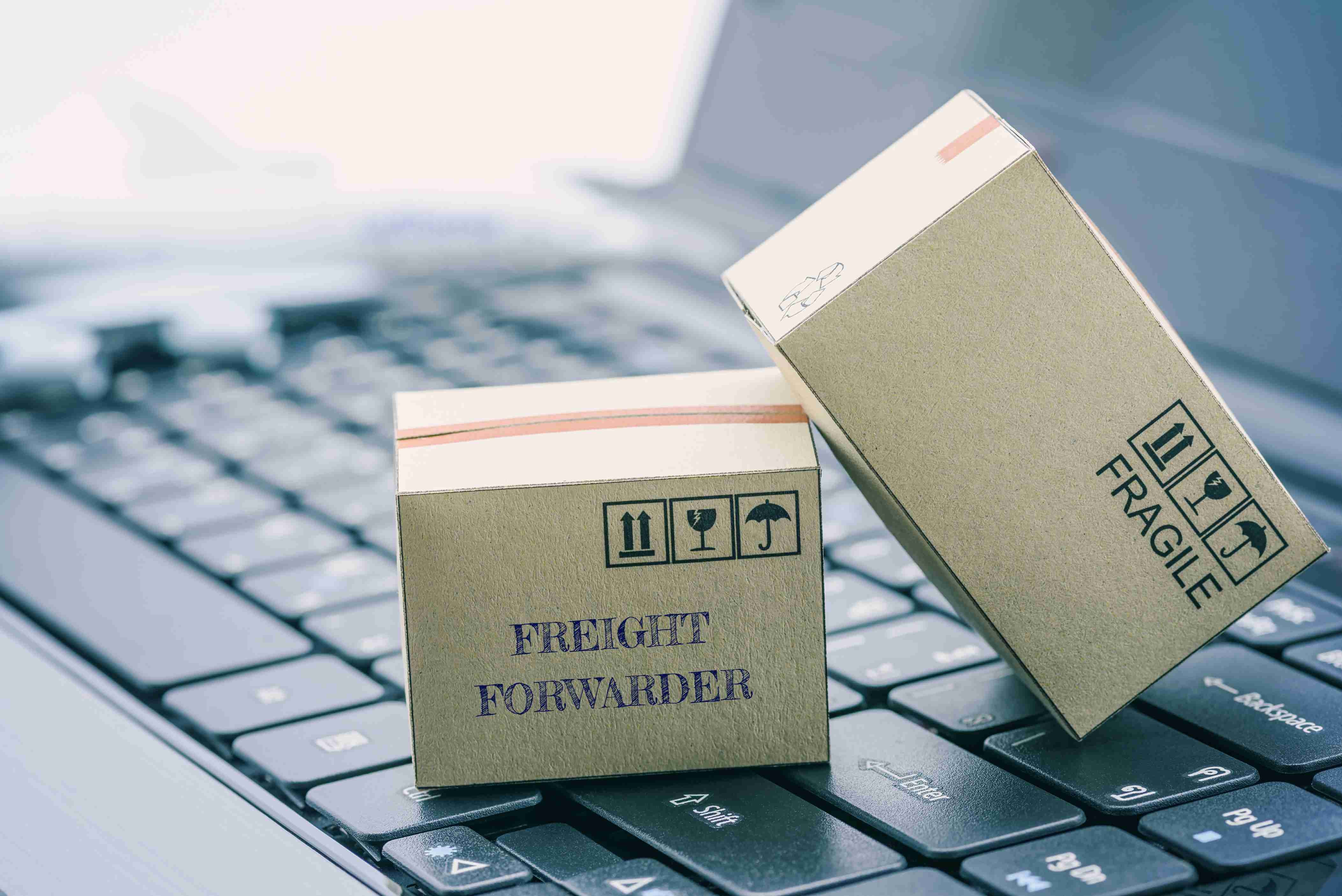
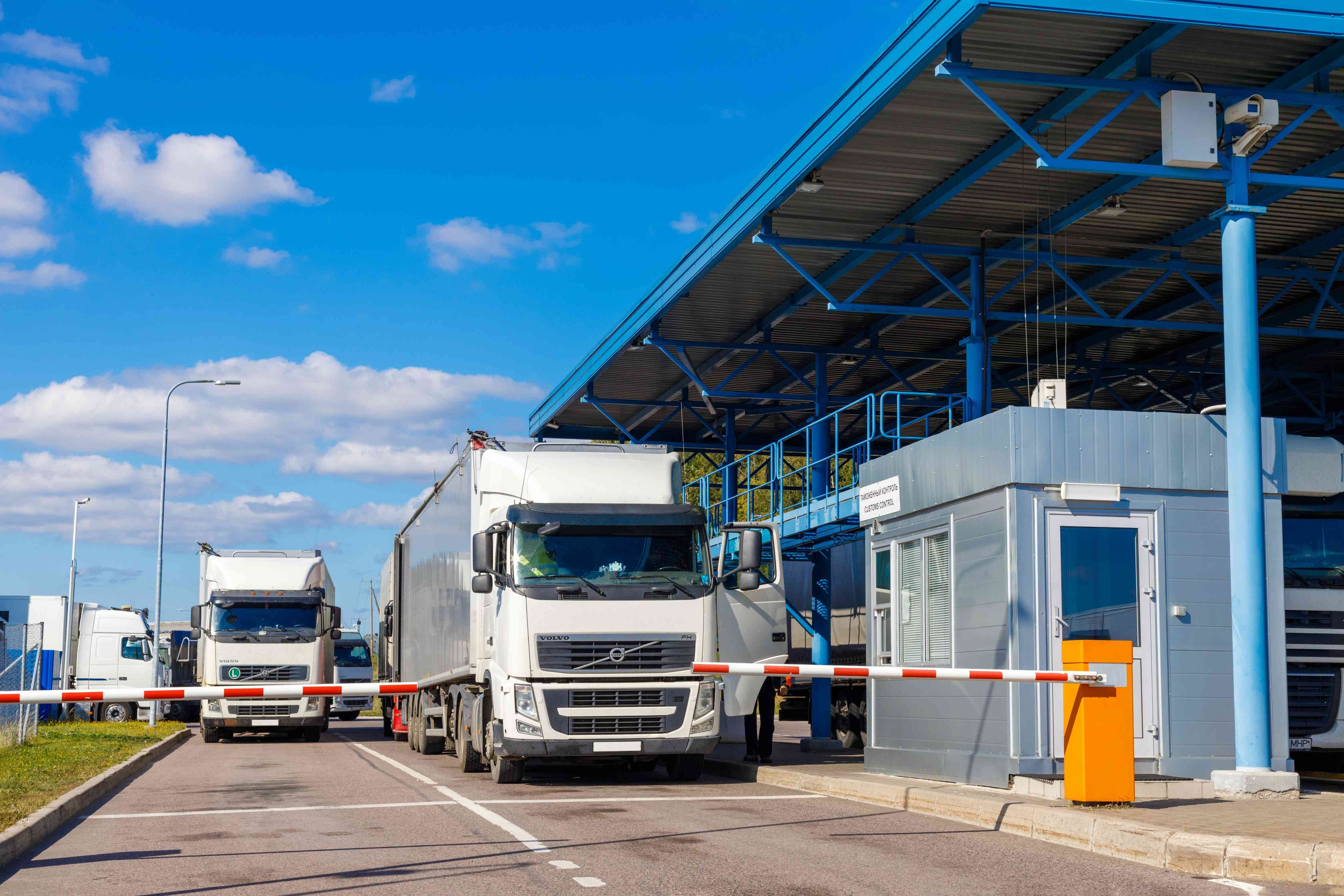
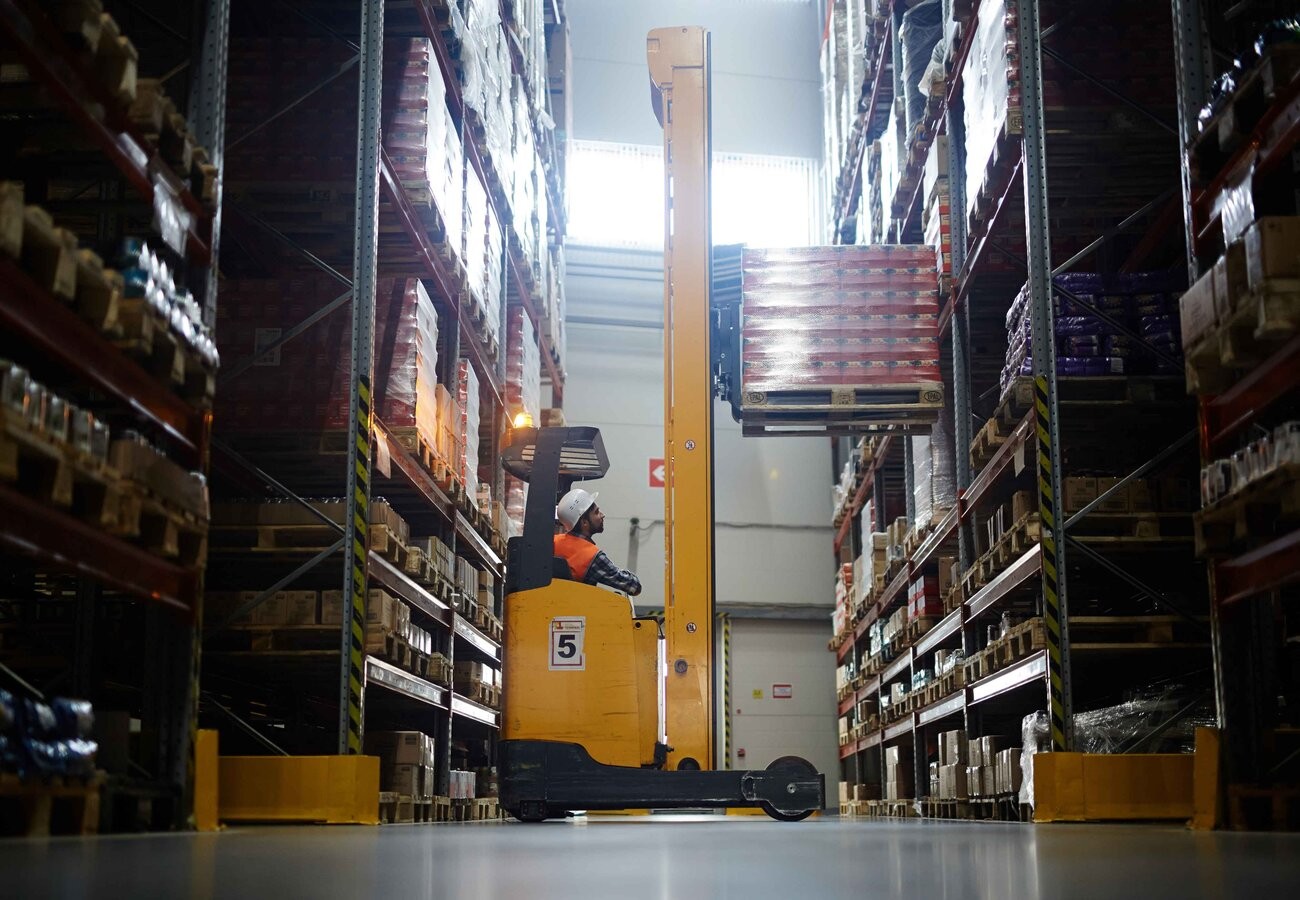
64ef6d522bd5d.jpg)
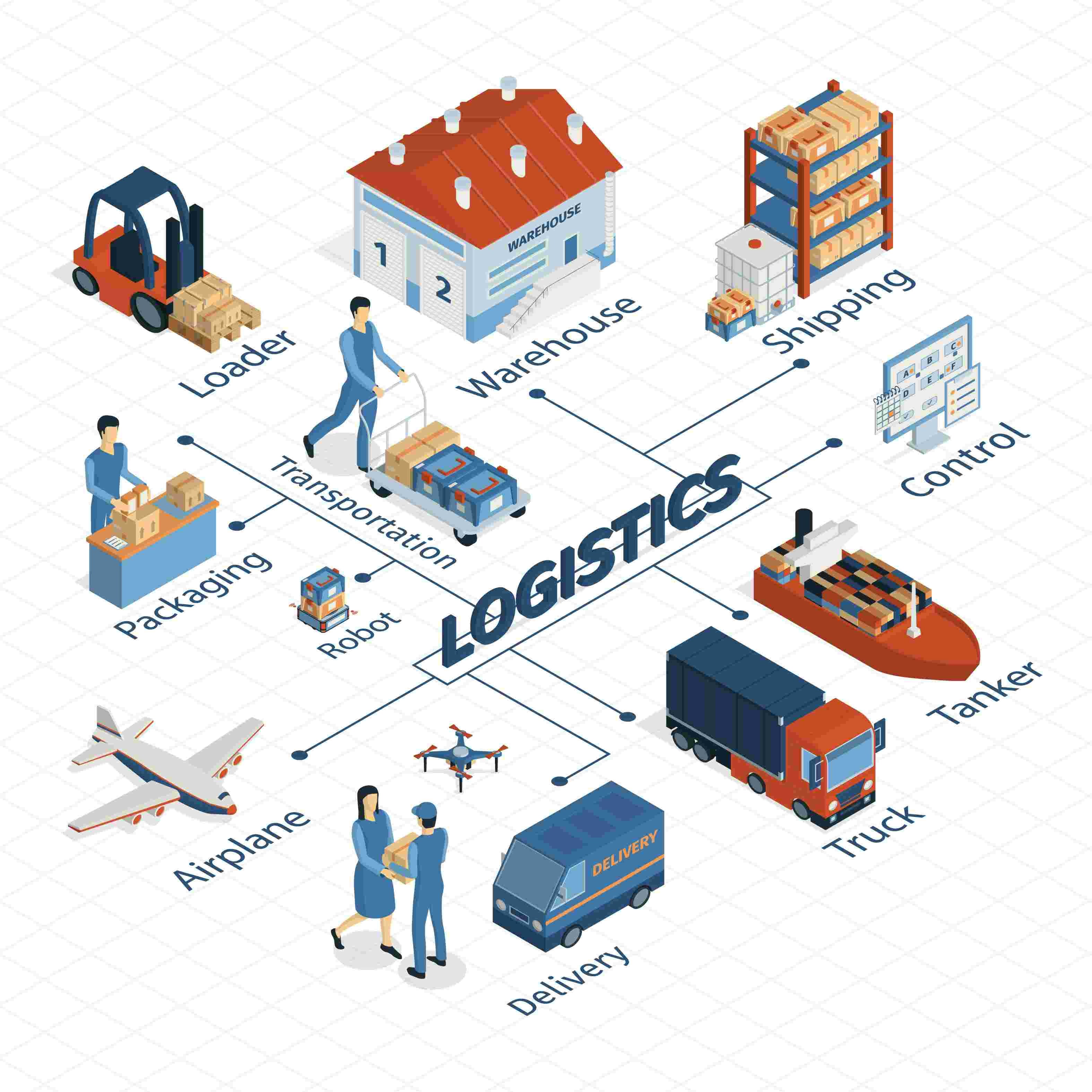
64a477953e86e.jpg)
643ff0cfeaf4e.jpg)
63fcb9023ba5f.jpg)
63d94f83c4432.jpg)
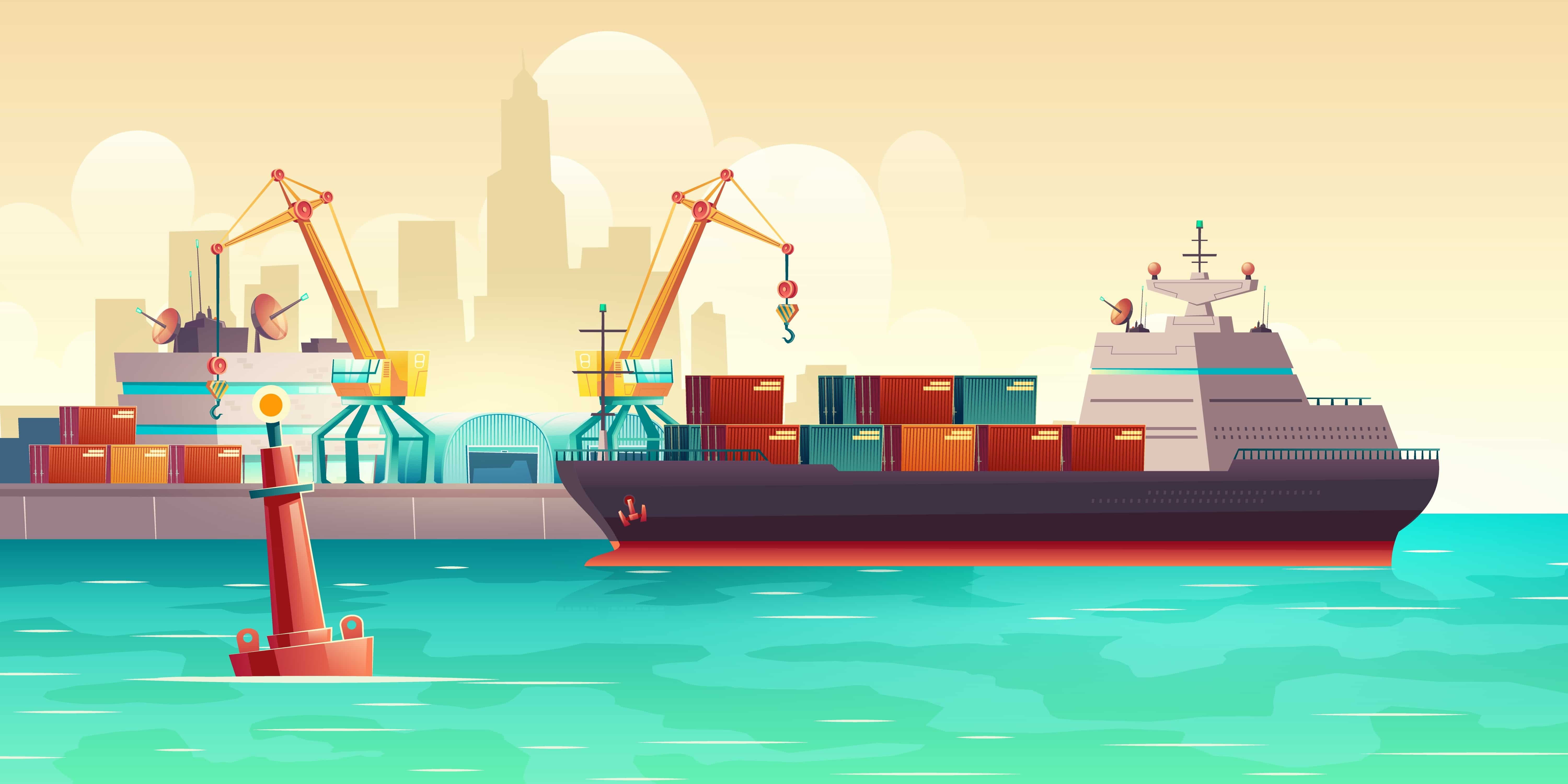

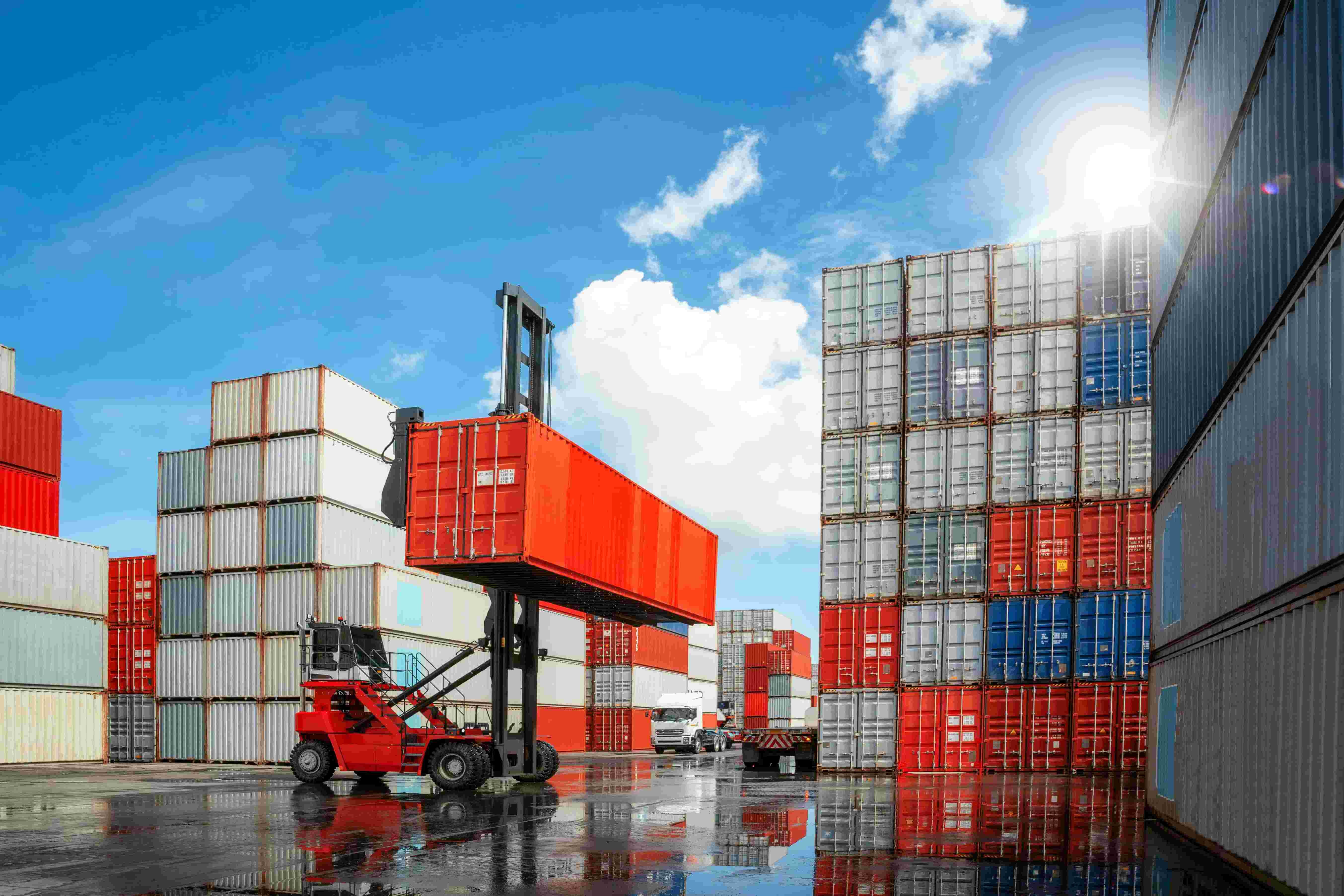
637611972635b.jpg)


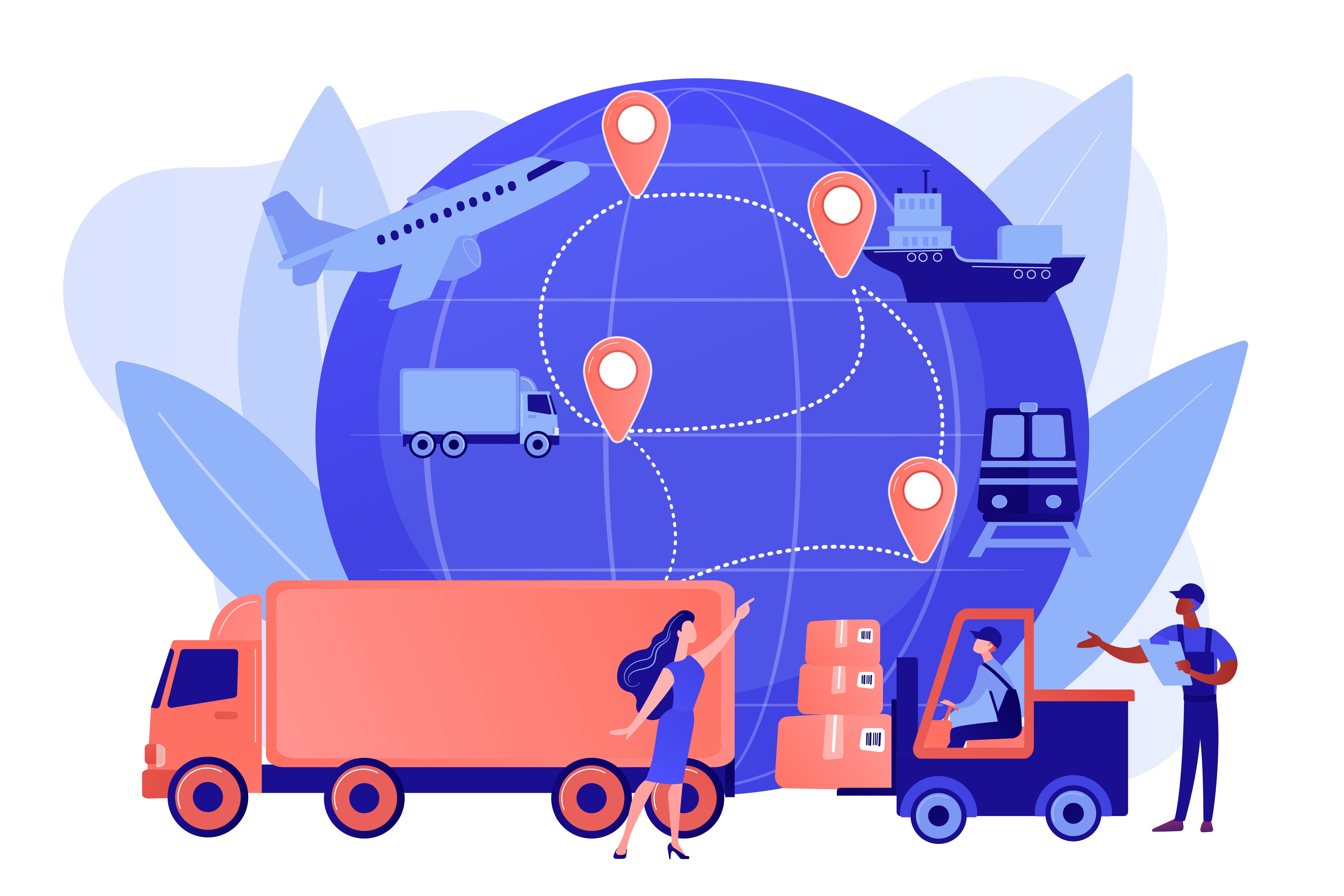
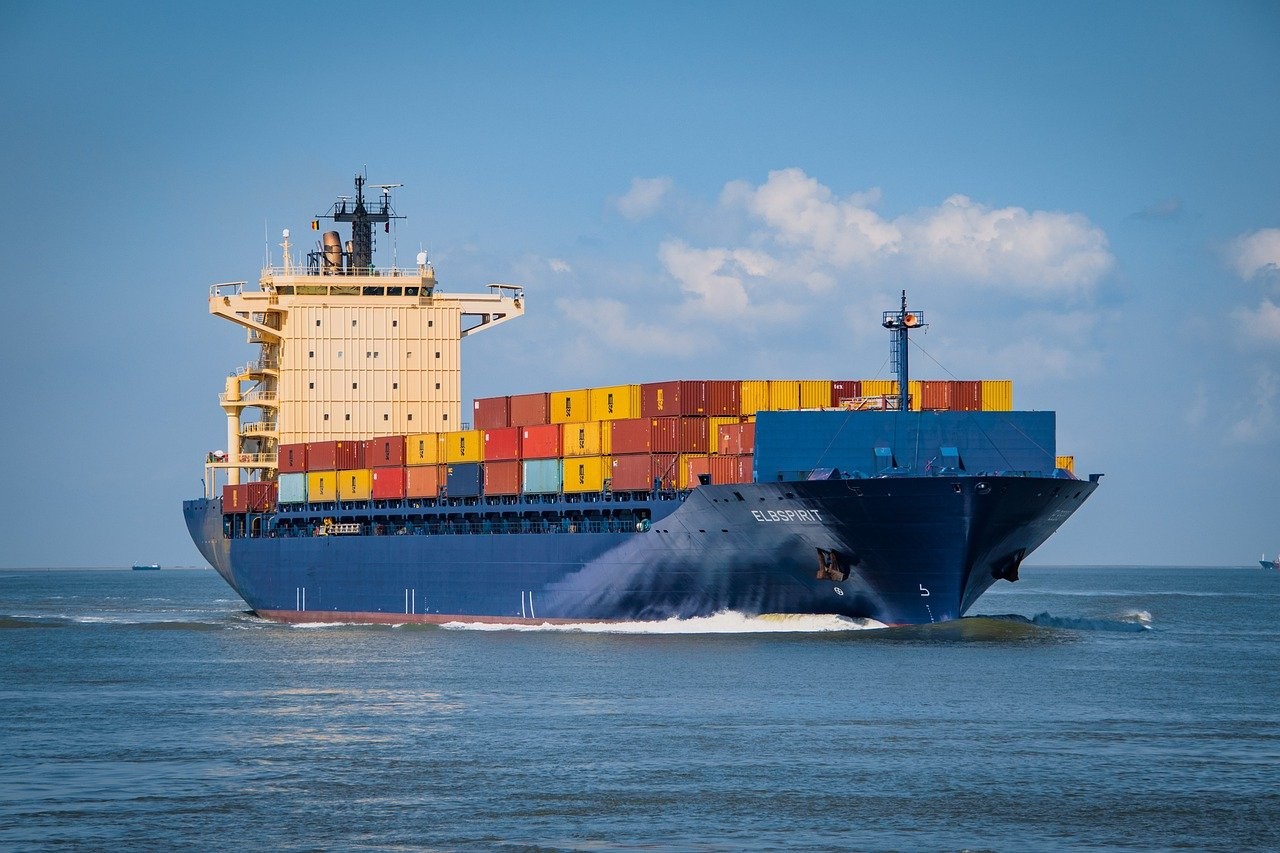
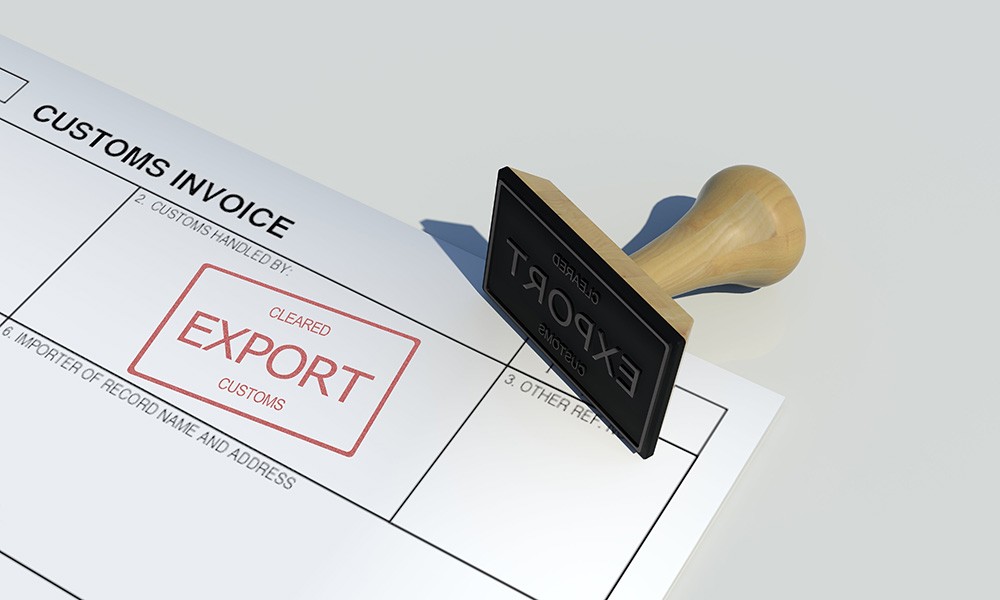
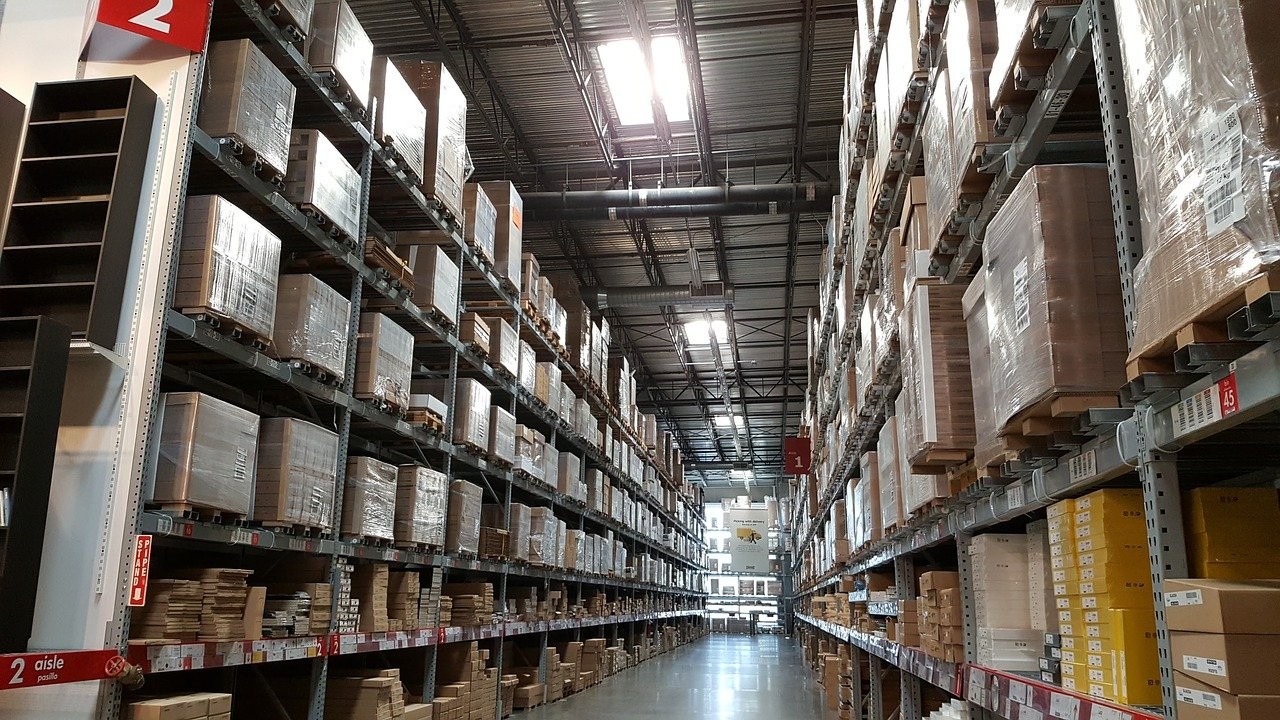
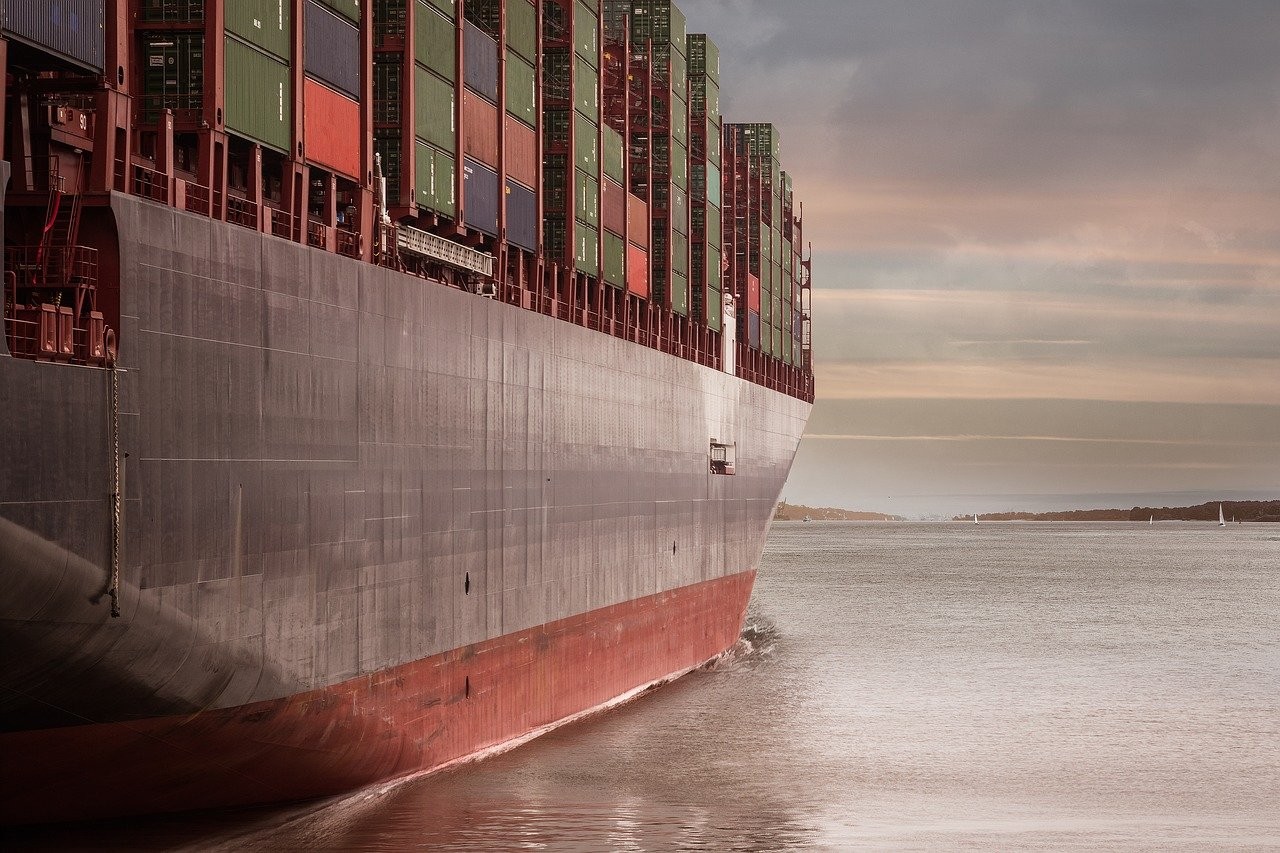
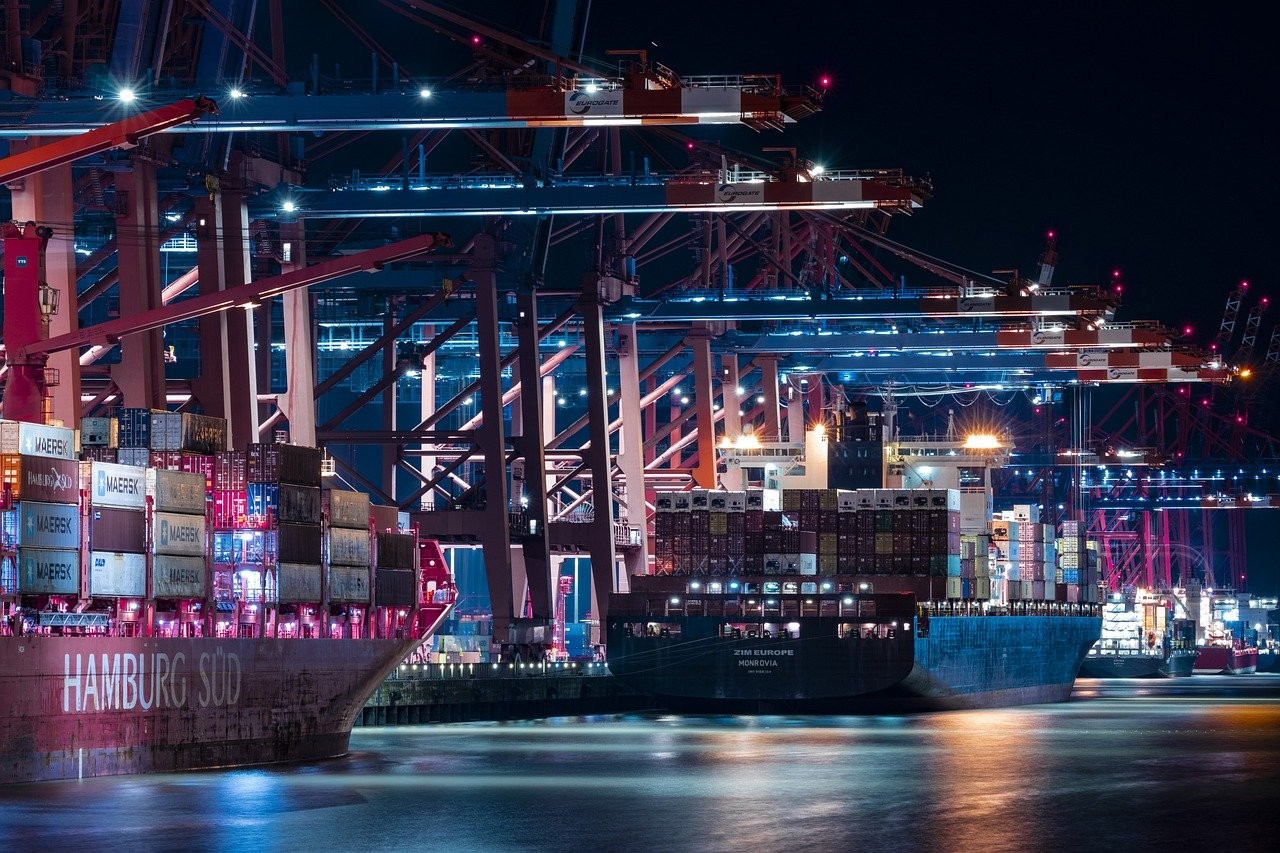
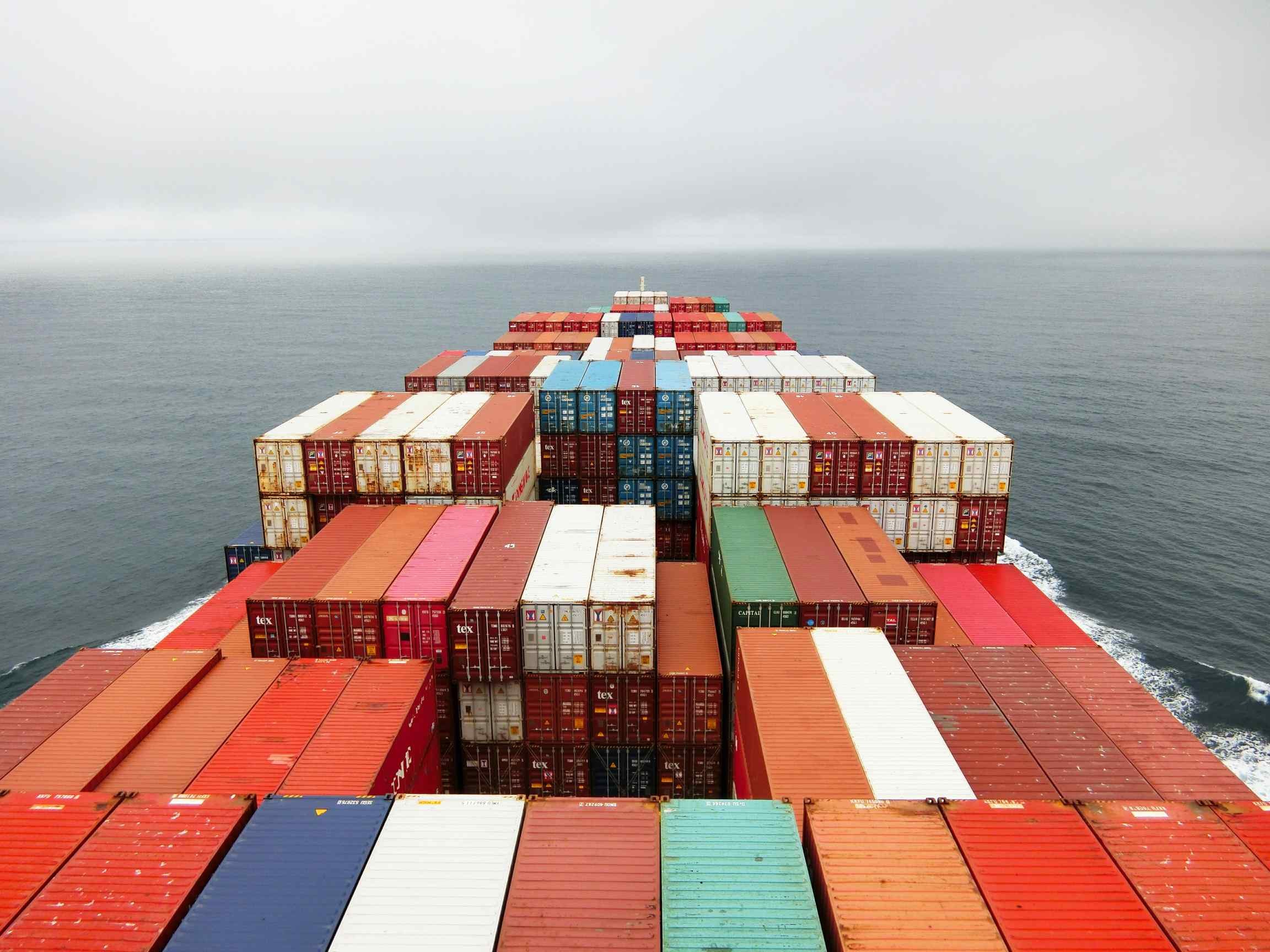
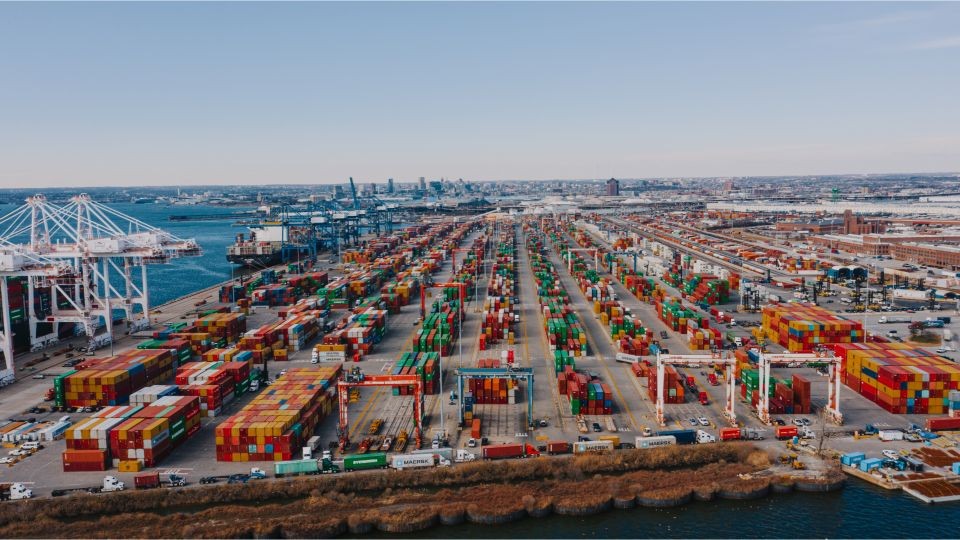

.png)